Plastic Fabrication Services
Frigate provides advanced plastic fabrication services using thermoforming and injection molding. Our cutting-edge materials enhance chemical resistance and dimensional stability for demanding applications.
Holen Sie Sich Ihr Angebot Jetzt
- Instant Zitat
- Auf-Zeit Lieferung
- Erschwingliche Kosten
Precision Custom Plastic Fabrication Services
Frigate specializes in custom plastic fabrication, utilizing extensive knowledge of plastics and polymers to produce high-quality parts and components. It stocks various materials, accommodating everything from prototyping to large production runs.
Built on a foundation of quality, all custom fabrications meet laboratory standards. Welds are exceptionally smooth for easy cleaning, ensuring no product leaves the facility with saw-cut or sharp edges. Each piece is precisely cut using high-tech CNC dual-head routers. We also provide custom acrylic fabrication and other specialized services.

Reducing Lead Times and Enhancing Flexibility
Advanced manufacturing techniques such as additive manufacturing and precision CNC machining can significantly reduce lead times. These methods allow for rapid production without sacrificing quality, enabling faster delivery of prototypes and final products.
Implementing efficient workflow management systems enhances flexibility in production schedules. Streamlined processes can adapt to changing customer demands and urgent requests, ensuring timely order completion.
Engaging in collaborative planning with customers can improve responsiveness to urgent needs. This approach allows for better forecasting and resource allocation, reducing lead times and improving service levels.

Achieving Precision Tolerances and Dimensional Accuracy
Investing in precision machining equipment ensures tight tolerances and high dimensional accuracy. Advanced technology minimizes variations in fabrication processes, which is critical for meeting stringent specifications.
Establishing stringent quality control measures throughout the fabrication process can identify deviations early. This proactive approach allows for timely corrections, ensuring that parts meet the required standards before delivery.
Implementing continuous process improvement initiatives can enhance dimensional accuracy over time. Regularly reviewing and refining fabrication methods contributes to consistent performance and reduced errors in production.

Integrating Processes and Ensuring Scalability
Developing standardized processes can facilitate the integration of fabrication techniques into existing workflows. Standardization simplifies training and enhances consistency, making it easier to scale operations as demand increases.
Utilizing modular production systems allows for flexible operation scaling. This approach enables quick adjustments to production capacity while maintaining quality, accommodating small batches and large production runs.
Implementing comprehensive training programs for personnel can improve the integration of fabrication processes. Skilled operators are essential for maintaining quality and efficiency, particularly during prototyping to mass production transitions.

Plastic Fabrication Materials
Fregatte nutzt manufacturing processes that greatly influence plastic fabrication quality and precision. Techniques such as injection molding & CNC machining ensure efficient production and tight tolerances.
Polyethylene is a versatile thermoplastic known for its excellent chemical resistance and impact strength. Due to its lightweight nature, it is widely used in applications such as packaging, containers, and chemical tanks.
Polypropylene has a high melting point and is resistant to chemical solvents, making it suitable for automotive and industrial applications. Its low density and flexibility allow easy molding and fabrication into various shapes.
Polyvinyl chloride is a durable material often used in plumbing, electrical cable insulation, and signage. Its rigidity and resistance to environmental degradation make it ideal for long-lasting applications.
ABS is known for its toughness resistance, making it suitable for consumer products & automotive components. This thermoplastic can be easily machined and provides high dimensional stability.
Polystyrene is a low-cost, lightweight, and easy-to-mold material. Due to its insulation properties, it is commonly used in packaging, disposable cutlery, and insulation applications.
Polycarbonate is a transparent thermoplastic known for its high impact resistance and optical clarity. It is often used in safety glasses, electronic components, and protective barriers.
Acrylic offers superior optical clarity and weather resistance, making it a popular choice for signage, displays, and lighting fixtures. Its lightweight nature and ease of fabrication enhance its application versatility.
Thermoplastic elastomers combine the properties of rubber and plastic, providing flexibility and durability. They are commonly used in cushioning applications, such as grips and seals.
HDPE is known for its high strength-to-density ratio, making it suitable for heavy-duty containers and industrial applications. Its resistance to impact and chemicals makes it a reliable choice in harsh environments.
Ensuring Consistent Quality in Plastic Fabrication
Rigorous process control is essential to address inconsistent quality in plastic fabrication. Implementing standardized manufacturing protocols helps minimize variations that impact functionality. Regular equipment calibration ensures precise measurements and uniformity in production, reducing the likelihood of defects in final products.
Conducting thorough material testing is critical for maintaining quality. Assessing batch composition and monitoring environmental factors help identify inconsistencies in material properties. Adopting stringent quality assurance measures at multiple production stages allows for early defect detection. By employing this proactive strategy, Frigate enhances reliability and upholds high standards in plastic fabrication.

Compliance for Plastic Fabrication Services
Frigate’s plastic fabrication process is designed to meet the highest industry standards. We integrate precise regulatory controls to deliver products with superior performance and long-term reliability. Our adherence to global certifications ensures products are engineered to optimize functionality, minimize risks, and comply with stringent safety protocols.
Establishes systematic processes for consistent quality, reducing variability and enhancing product reliability.
Enforces elimination of toxic substances in plastics, ensuring sustainable production and minimizing environmental impact.
Certifies plastic materials for safe use in food-contact and medical devices, meeting critical health standards.
Verifies plastic products for potable water applications, ensuring they meet regulatory requirements for safety and durability.
Defines tensile strength parameters, ensuring plastic components meet necessary mechanical performance criteria.
Assesses plastic flammability, ensuring products used in critical applications meet fire safety standards.
Guarantees compliance with chemical safety regulations, ensuring plastics are safe for human and environmental health.
Ensures plastic components in defense applications meet national security and export control requirements.

Tolerance for Plastic Fabrication Services
Tolerances for parts that are crucial for assembly or functional performance.
Precision in hole sizes, essential for fitment with pins, screws, or inserts.
Tolerance for hole placement for precise alignment with inserted components.
Tolerances on the radii of curved features, ensuring smooth transitions.
Precision in edge detailing to ensure seamless assembly and performance.
Deviation of flat surfaces to pflegen genaue assembly and sealing.
Tolerances on tapered features that require uniformity for proper fitment.
Deviation in the geometry of features like angularity, straightness, and flatness, to pflegen precise alignment.
Ensures that threads are within spec for proper engagement of fasteners or inserts.
Precision in the angle of chamfers and bevels for uniform part function and appearance.
Ensures concentric alignment of internal and external features for assembly accuracy.
Tolerance for optical clarity in plastic components such as lenses or covers.
Tolerance for variation in wall thickness, ensuring uniform strength distribution.
Tolerance to control depth and appearance of sink marks from cooling stresses.
Control of dimensional changes due to internal stresses during cooling.

Quality Testing Standards for Plastic Fabrication Services
Measures the ability of a plastic material to conduct heat, crucial for heat-sensitive applications.
Evaluates the ability of plastic to return to its original shape after deformation, important for flexible applications.
Tests the plastic’s ability to pflegen mechanical properties after prolonged exposure to environmental factors.
Assesses the stiffness of a plastic material under tensile stress, crucial for structural integrity.
Evaluates the plastic's resistance to compressive forces, important for load-bearing components.
Measures the insulating properties of plastics used in electrical applications to ensure they can withstand voltage.
Determines the minimum concentration of oxygen required for the material to sustain combustion, critical for fire safety.
Evaluates the material’s ability to resist damage or deformation under dynamic vibrations, crucial for automotive and aerospace.
Tests the stress at which plastic materials yield or begin to deform plastically, ensuring strength for load-bearing applications.
Measures the percentage of water absorbed by plastic materials, critical for understanding performance in humid environments.
Measures the force required to propagate a tear in the material, important for impact-resistant plastics.
Tests the surface wettability of plastics, affecting adhesion properties for coatings or bonding.
Assesses how plastic materials withstand repeated cyclic loading, important for dynamic applications such as automotive parts.
Evaluates the bond strength of welded plastic joints to ensure reliable assembly in welded components.
Measures the plastic’s ability to resist degradation from ultraviolet light exposure, ensuring durability in outdoor applications.
- Echte Wirkung
Wörter von Kunden
Sehen Sie, wie Globale OEMs und sourcing-Köpfe beschreiben Sie Ihre Erfahrung mit unseren skalierbaren Ausführung.
"Schnelle Bearbeitung und solide Qualität."
“Der instant quote tool hat uns gerettet-Zeit, und die Teile waren auf den Punkt. Empfehlen Fregatte!"
“Ich würde dringend empfehlen Fregatte wer will zu tun, Rapid Prototyping, und Ihre Ideen in die Fertigung. Eine Firma tun alle Arten von Produkt Entwicklung!"
"Great service, fair Preise, und die Teile perfekt gearbeitet, in unserer Versammlung."
“Top-notch Bearbeitung und schnelle Lieferung. Mit den Ergebnissen sehr zufrieden."
“Die nächste Störung geschieht in Prototyping & Manufacturing on-demand-und Fregatte den Weg! Ich persönlich glaube, daß die Fregatte die Möglichkeit, IIOT-fähigen cloud-Plattform mit Al."
“Fregatte geliefert hochwertige Teile zu einem wettbewerbsfähigen Preis. Instant quote tool ist ein großes plus für uns!"
"Wir schätzen die Präzision und Qualität der bearbeiteten Komponenten in der jüngsten Lieferung—Sie erfüllen unsere Vorgaben perfekt und zeigen Fregatte, die diese Fähigkeit für die hervorragende Verarbeitung."
"Reibungslose Abwicklung vom Angebot bis zur Lieferung."
“Ich bin absolut glücklich zu arbeiten mit Lieferanten wie Fregatte, die waren sehr proaktiv & ergebnisorientiert . Fregatte hat eine hohe Bereitschaft team, die hat starke know how und Ihre Leidenschaft zum Produkt & Prozess waren absolut mitreißend."
“Die Präzision, die auf diese Teile ist beeindruckend, und Sie kamen vor dem Zeitplan. Fregatte Prozess wirklich herausragend!"
"Die Teile waren genau so, wie geskilled, und die instant-Zitat aus der Budgetierung ein Kinderspiel."
"Good value for the money."
"Das finish war perfekt, und das team war einfach, mit zu arbeiten."
“Arbeiten mit der Fregatte war großartig. Ihre proaktive, ergebnisorientierte Ansatz und know-how durchleuchten, in jedem Projekt. Es war ein Vergnügen, die Zusammenarbeit mit Ihnen."
"Wir sind sehr zufrieden mit die rechtzeitige Lieferung und die Qualität des MIG-Schweißens-Kabel von der Fregatte. Ihre Aufmerksamkeit zum detail, sichere Verpackung und schnelle Reaktionsfähigkeit Stand out. Wir getrost empfehlen Fregatte Engineering Services Pvt. Ltd. als zuverlässiger partner für die Herstellung."
Having Doubts? Our FAQ
Check all our Frequently Asked Question
Fregatte nutzt precision CNC machining and laser cutting technologies. These methods facilitate tight tolerances and ensure that components adhere to specified dimensions throughout fabrication.
Frigate implements a combination of thorough material testing and controlled processing conditions. This approach minimizes thermal distortion and mechanical stress, preserving the inherent properties of the plastics used.
Frigate adopts lean manufacturing principles and advanced scheduling software. These strategies streamline operations, allowing for efficient resource allocation and minimizing idle time, thus expediting production cycles.
Frigate employs computer-aided design (CAD) and finite element analysis (FEA) to predict material behavior and performance. This predictive modeling allows for the early identification of potential issues, improving design efficacy and reducing errors.
Frigate adheres to industry-specific standards and regulations through rigorous documentation and quality audits. This commitment ensures that all fabricated products meet their intended applications' safety and performance criteria.
Herstellungs-Fähigkeit/Kapazität
Eisen casting
Mold Größe(max): 1m X 1m
Gewicht: 1 KG ~ 30 KG
Mold Größe(max): 1,5 m X 1,5 m
Gewicht: 30 KG ~ 150 KG
Mold Größe(max): 3m X 3m
Gewicht: 100 KG ~ 1000 KG
Mold Größe(max): 500 MM X 500 MM
Gewicht: 0.250 KG ~ 20 KG
Mold Größe(max): 500 MM X 500 MM
Gewicht: 0.100 KG X 20 KG
Nichteisen-Guss
Kapazität: 5000 MT/a
Palette von Gewicht: 100 G bis 20 KG
Mold Größe(max): 1 M X 1 M
Gewicht: 0,5 KG X 50 KG
Mold Größe(max): 1 M X 1 M
Gewicht: 0,5 KG X 50 KG
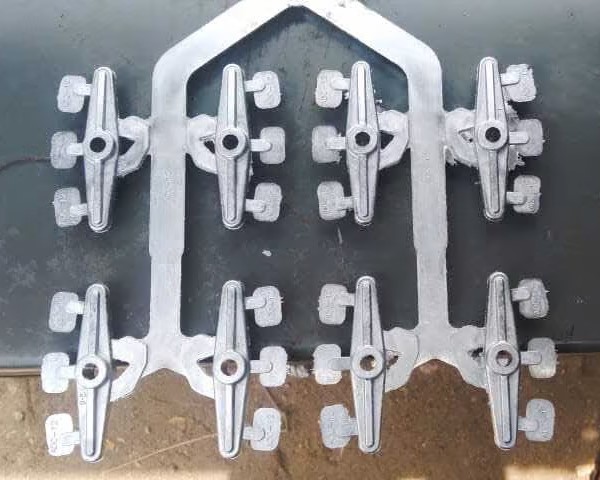
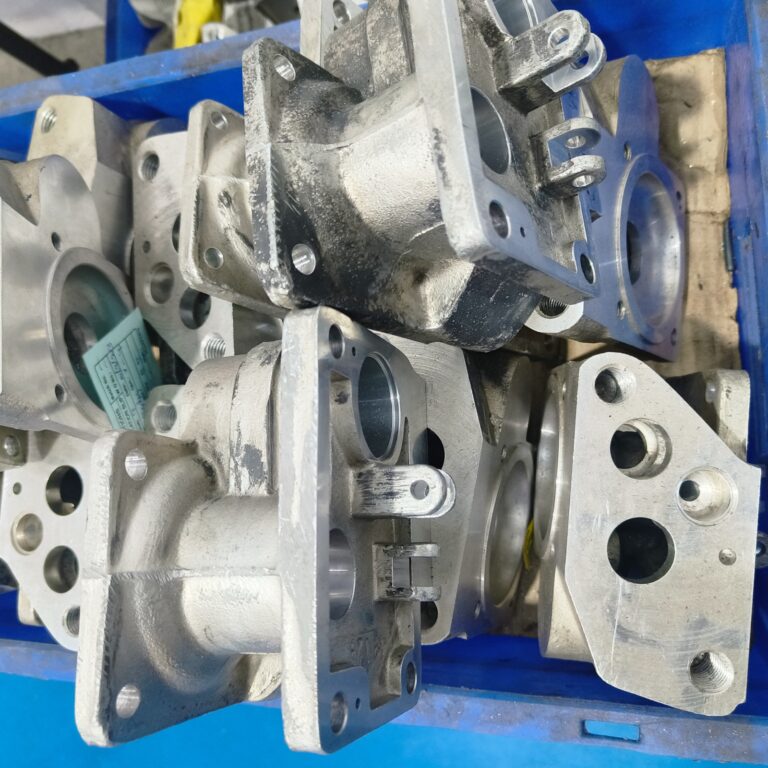
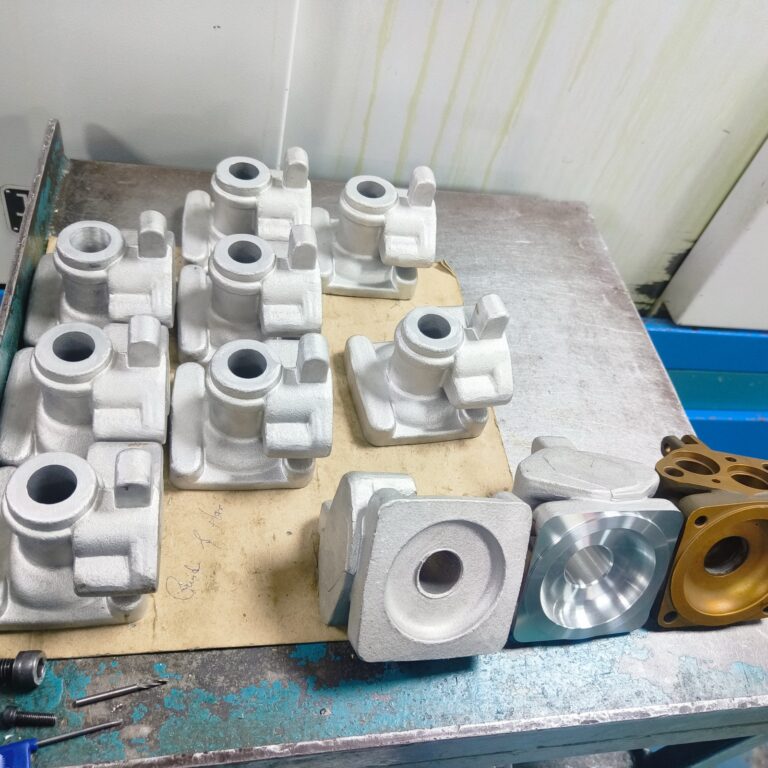
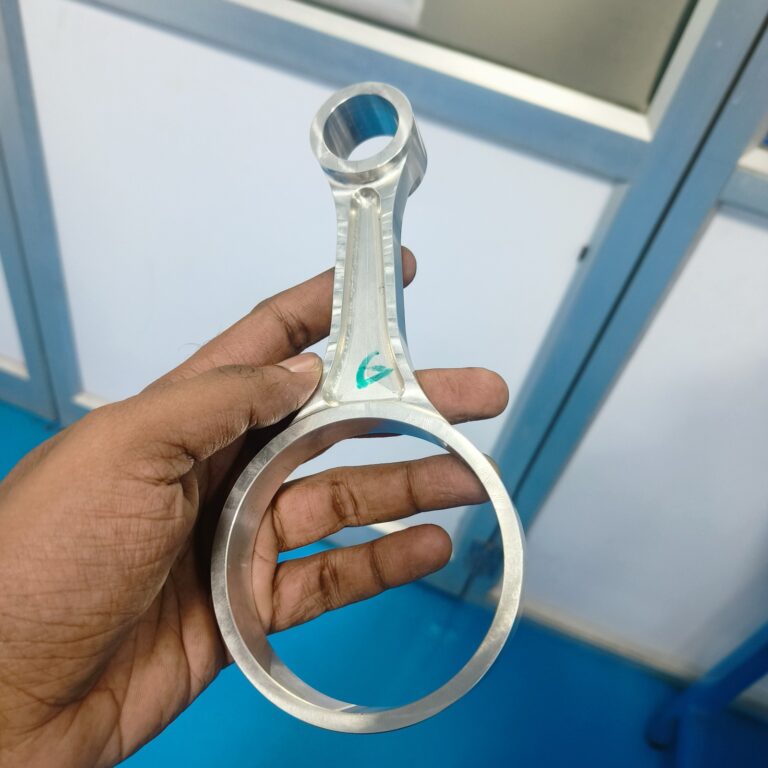
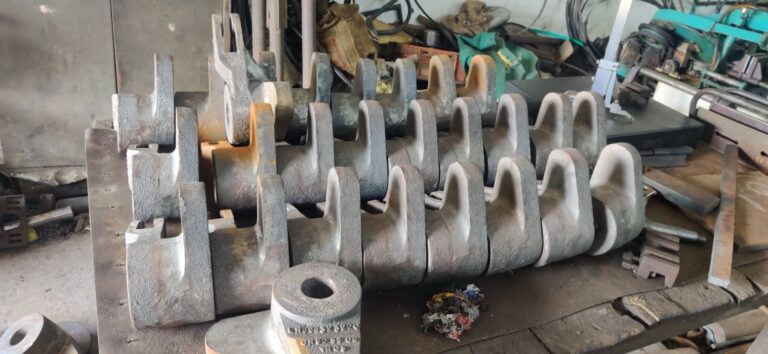
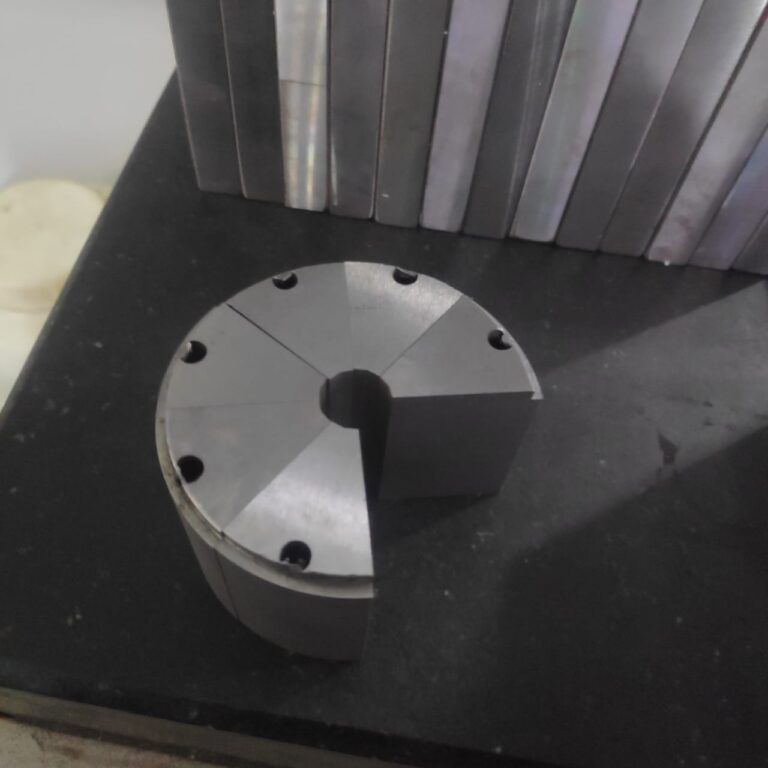
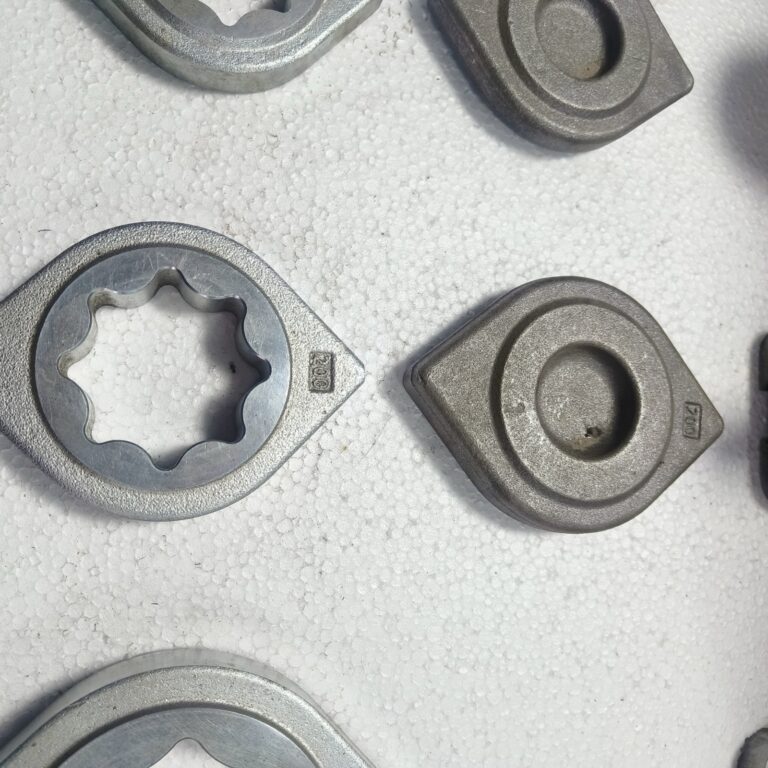
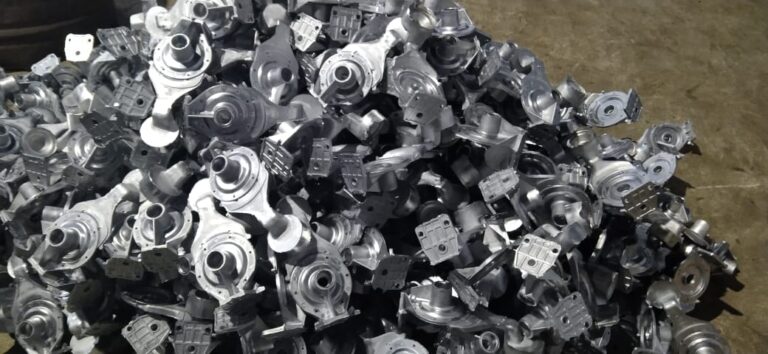
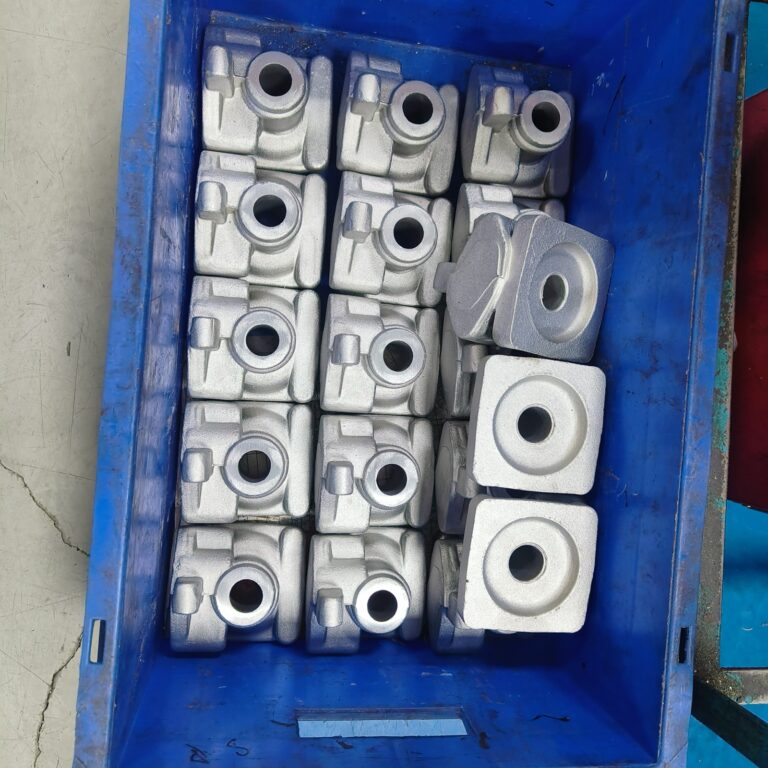
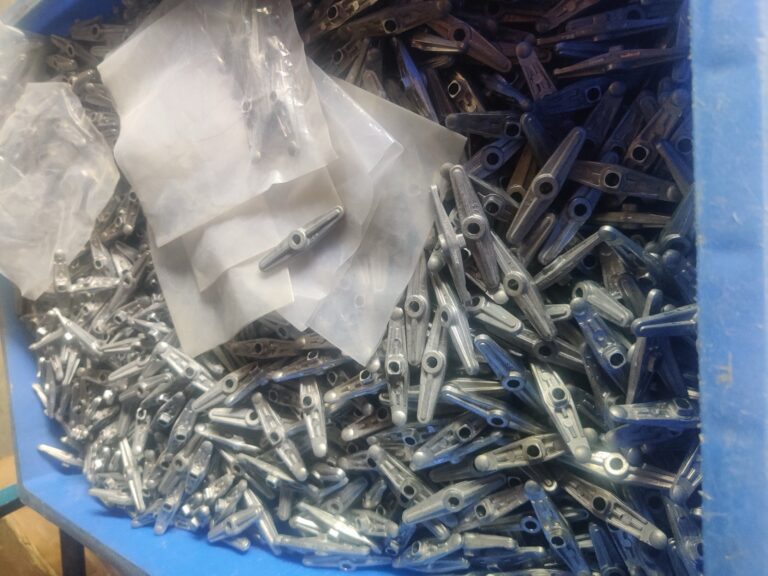
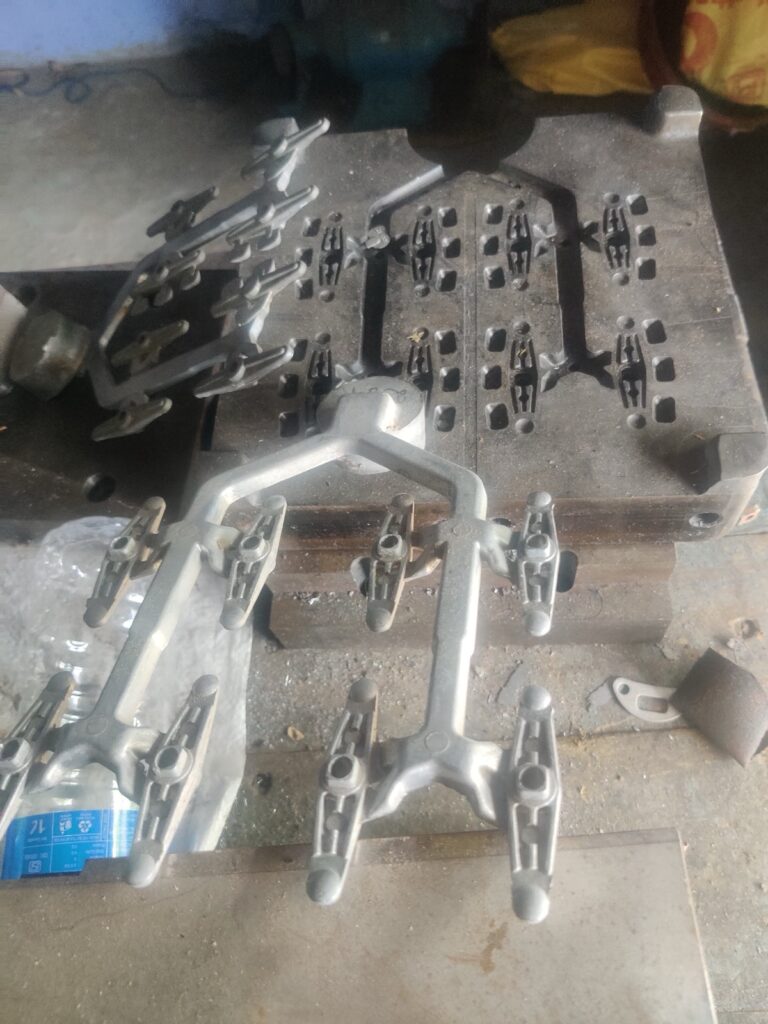
Schmieden
Kapazität: 20,000 Tonnen pro Jahr
Palette von Gewicht: 300 KG bis zu 1 Tonne
Hämmern: 5 Tonne
Palette von Gewicht: 0,2 KG-200 KG
Hämmern: 1600-Tonnen-Hydraulischen Presse
Ring-Größe: 350 MM OD bis 3000 MM OD
Palette von Gewicht: 15 KG bis 3200 KG
Materialien
Carbon Stahl, Edelstahl (AUSTENIT), Legierter Stahl, Rostfreier Stahl (MARTENSIT), etc.
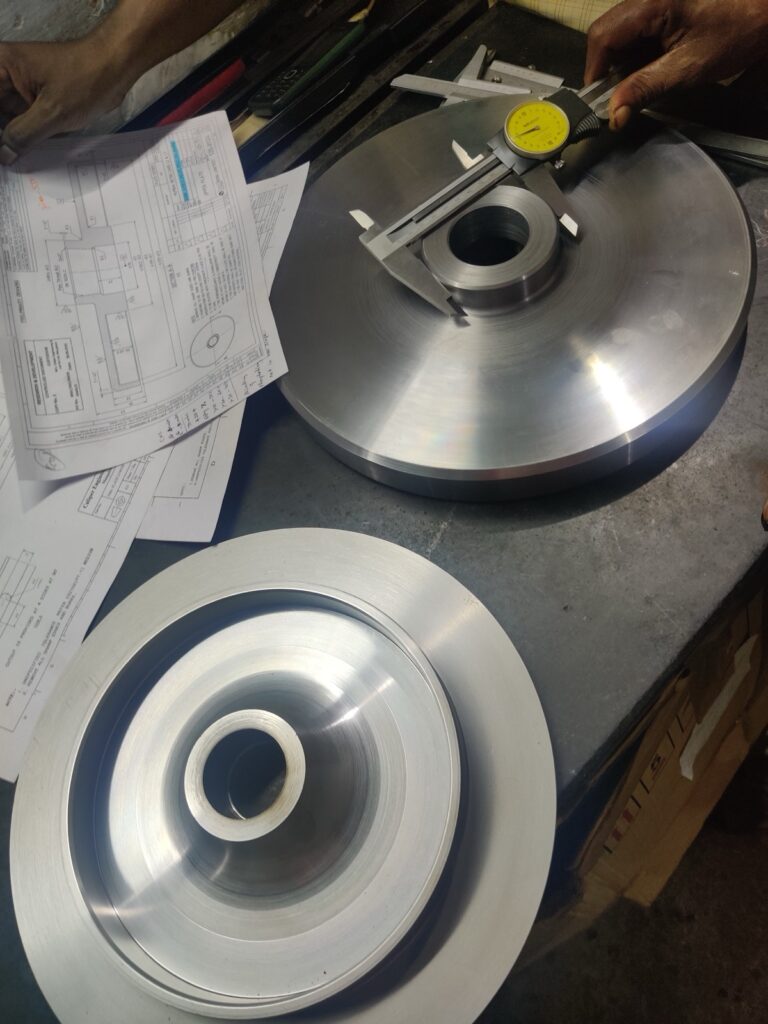
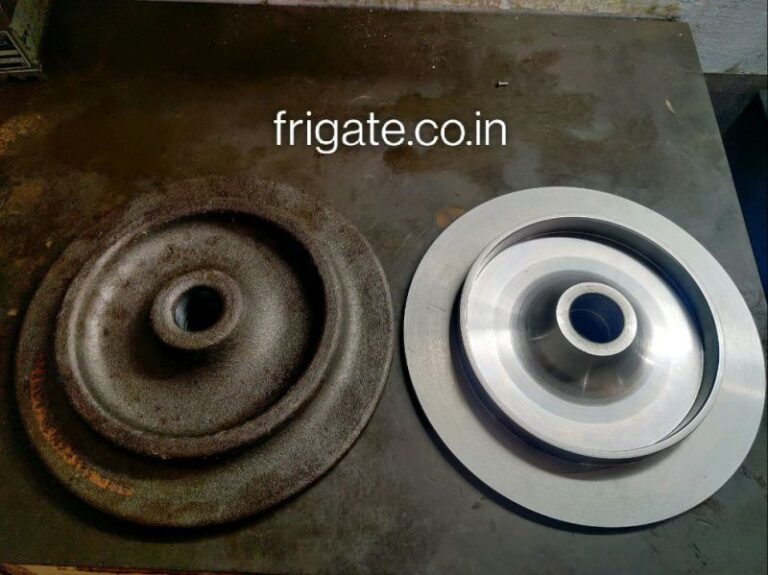
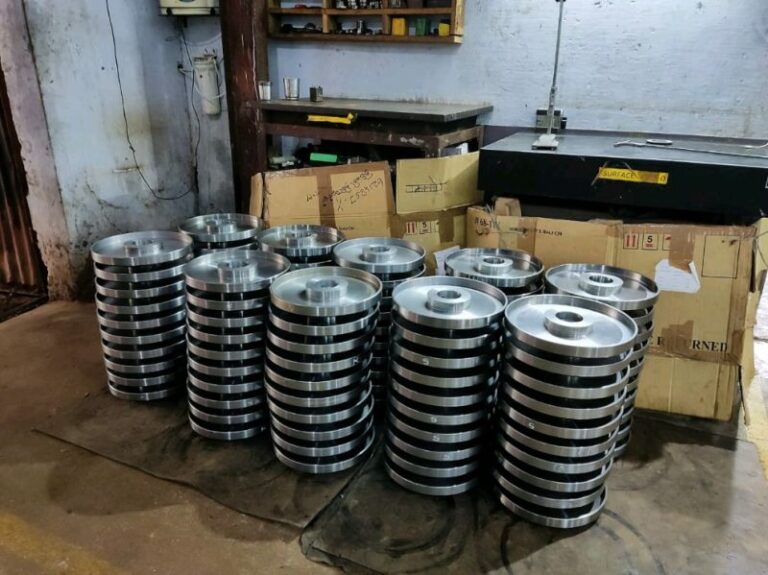
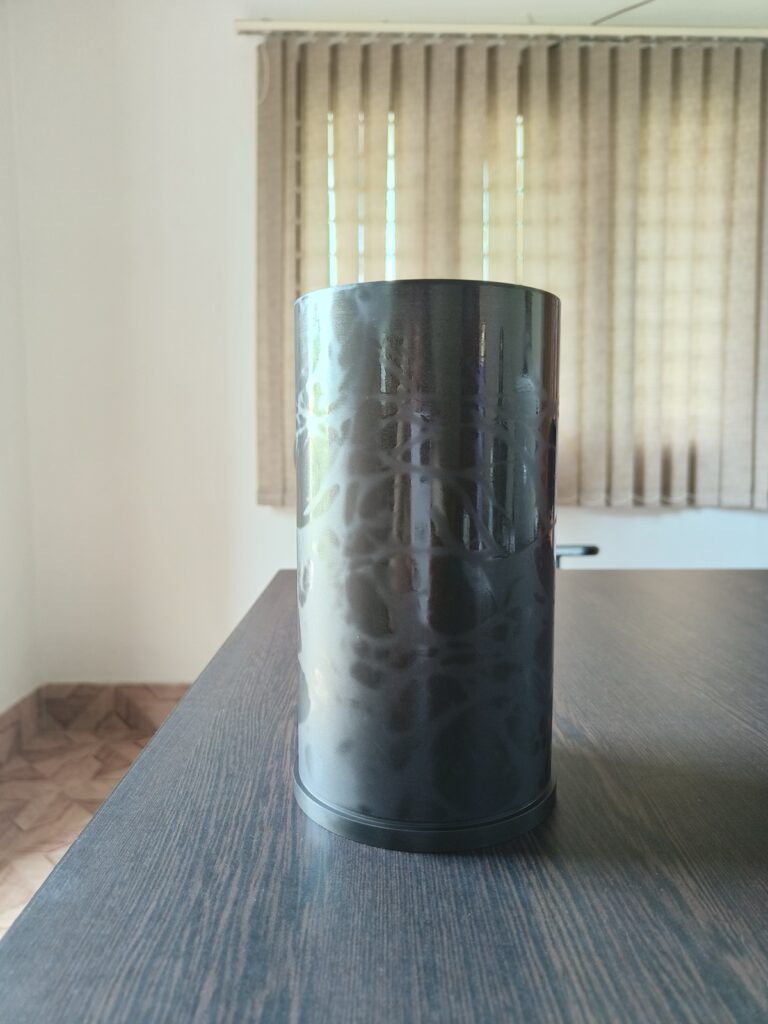
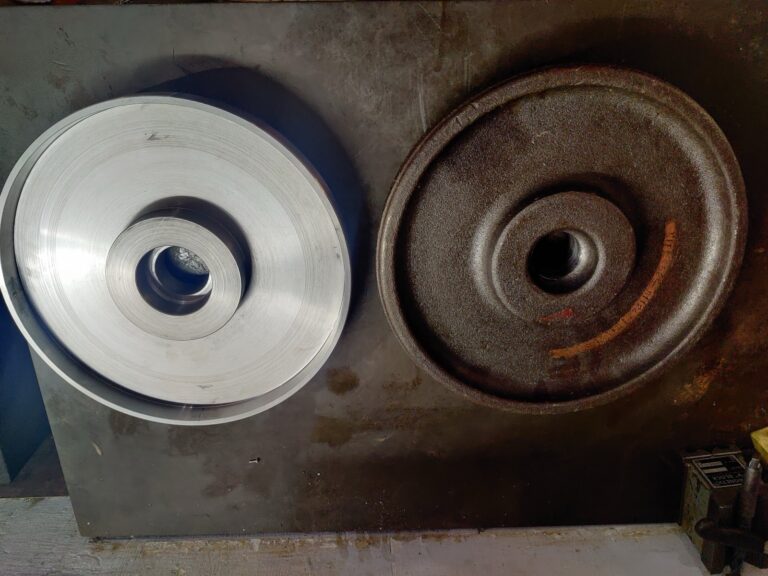
Bearbeitung
1 bis 1000 MM
1 bis 1000 MM
1 bis 1000 MM
Materialien
Stahl, Aluminium, Messing, Kupfer, Titan, Nickel-Legierungen, Hartmetall, etc.
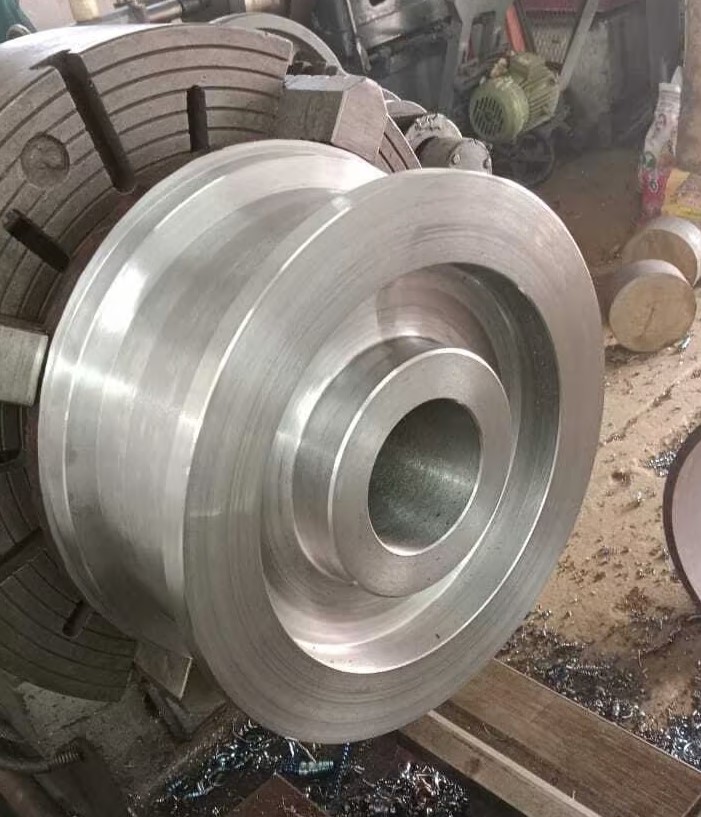
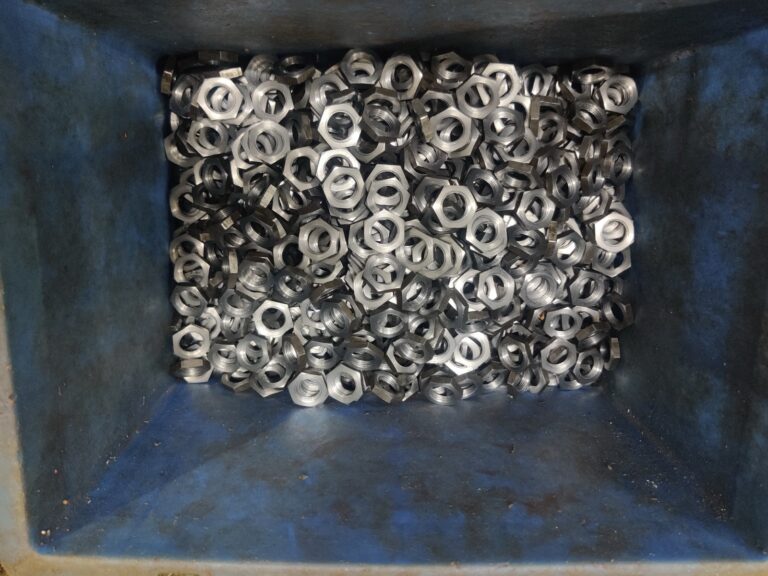
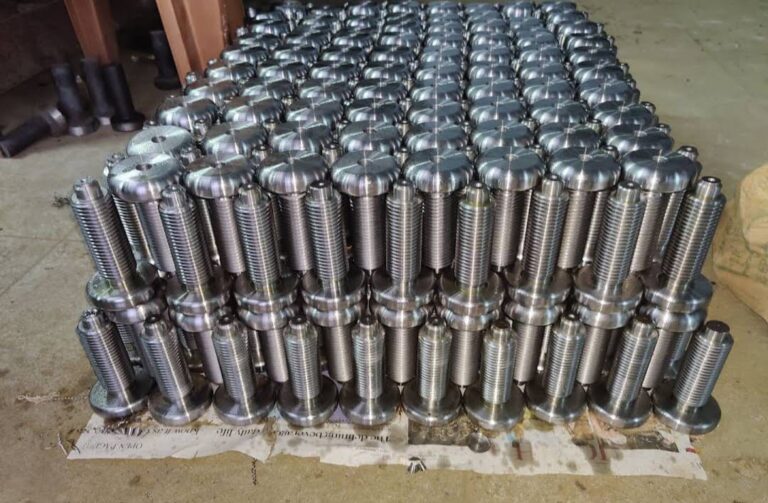
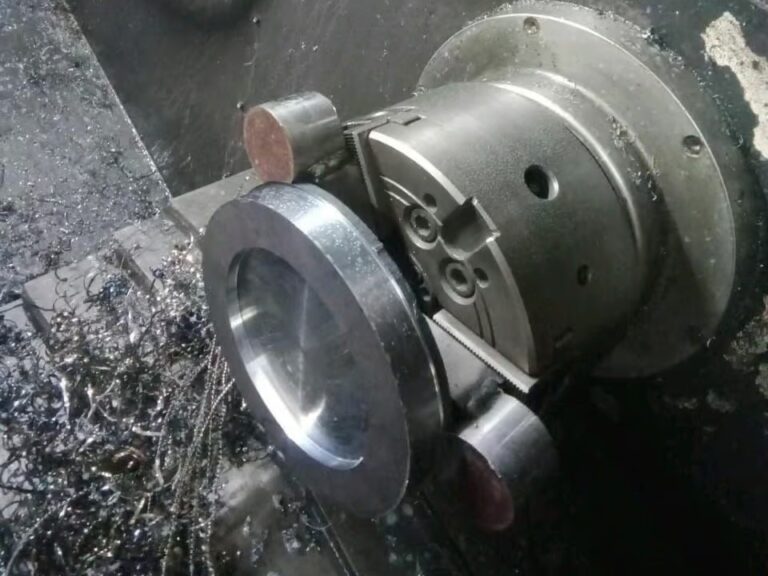
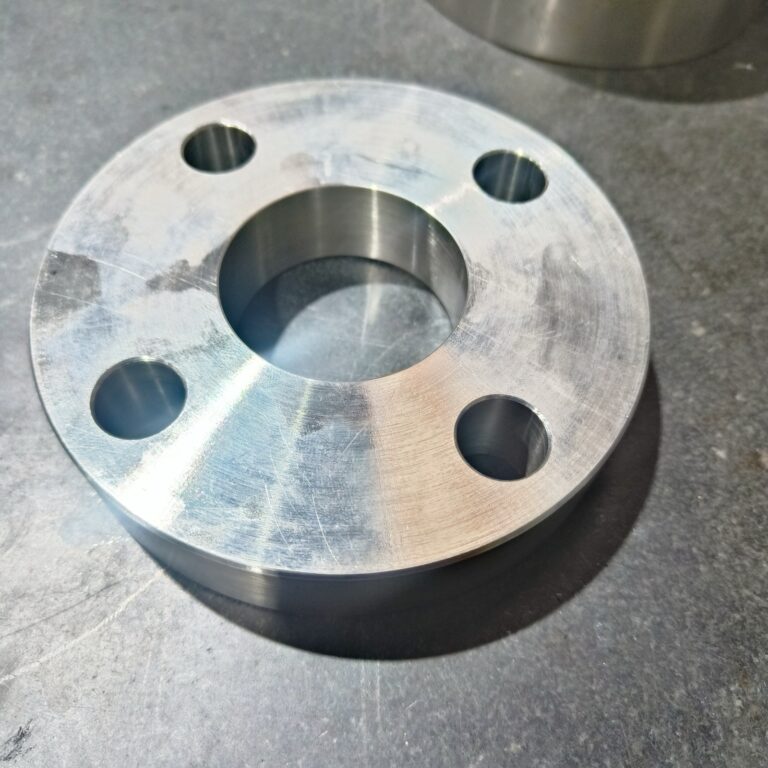
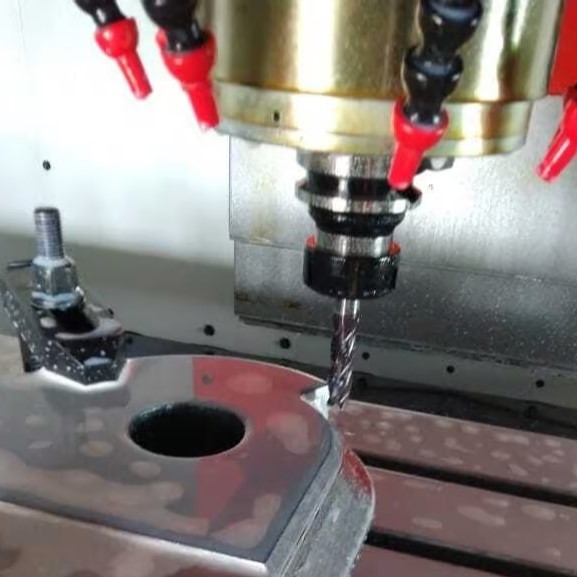
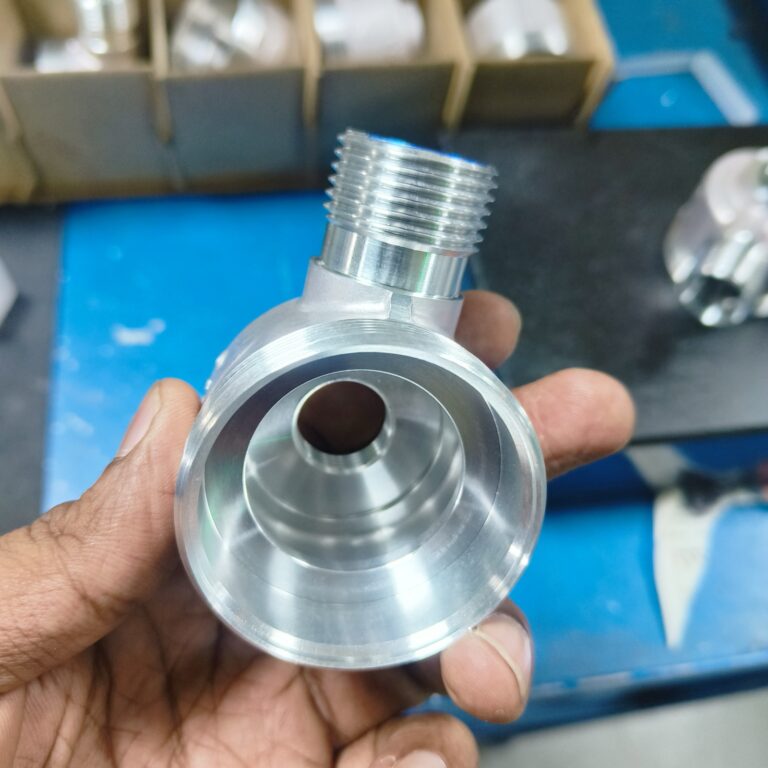
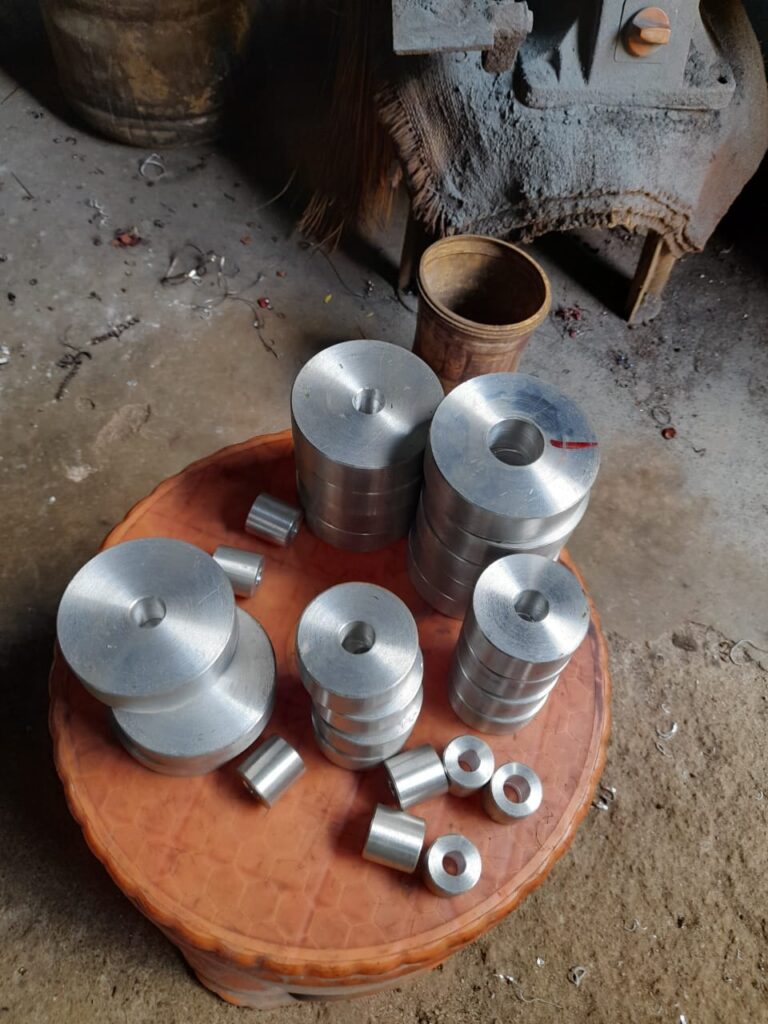
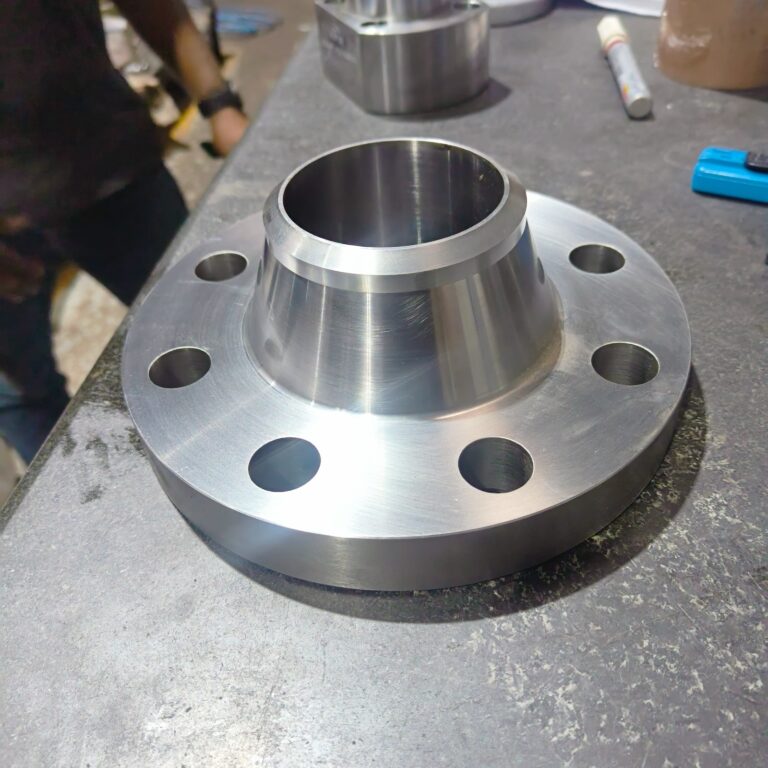
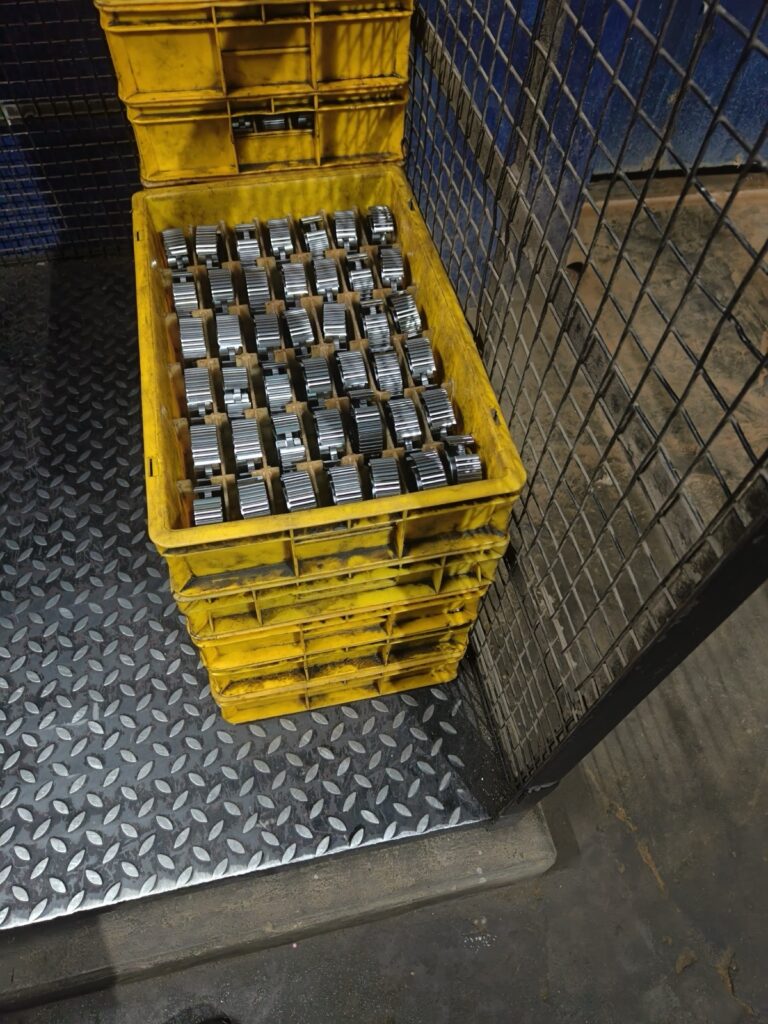
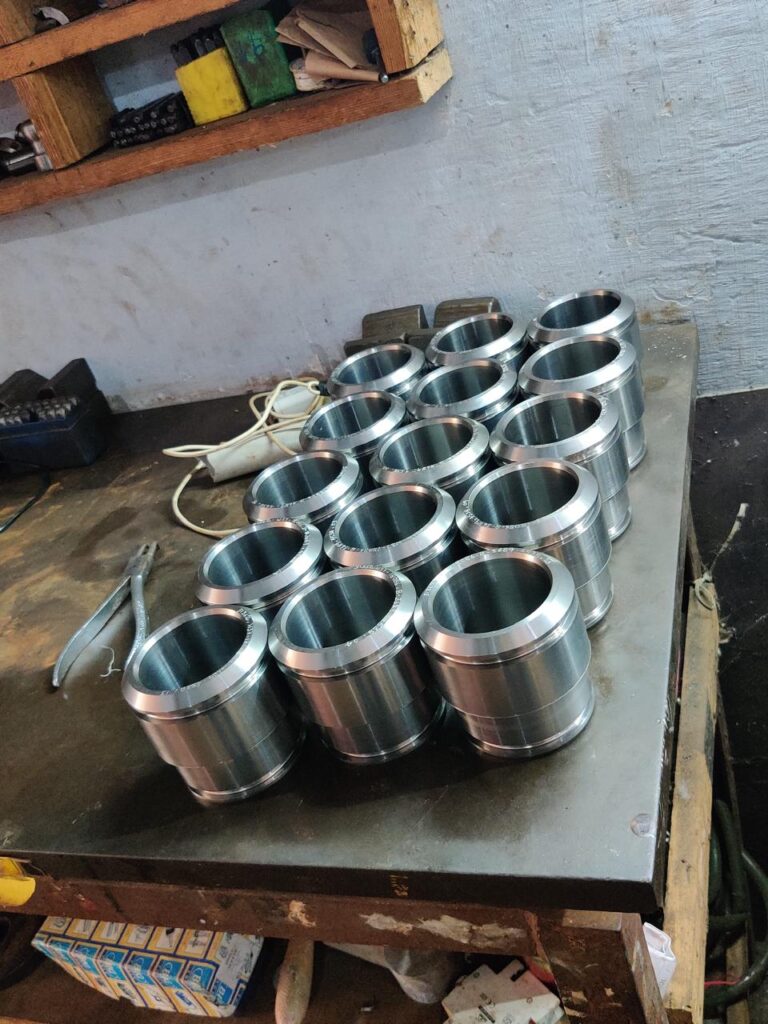
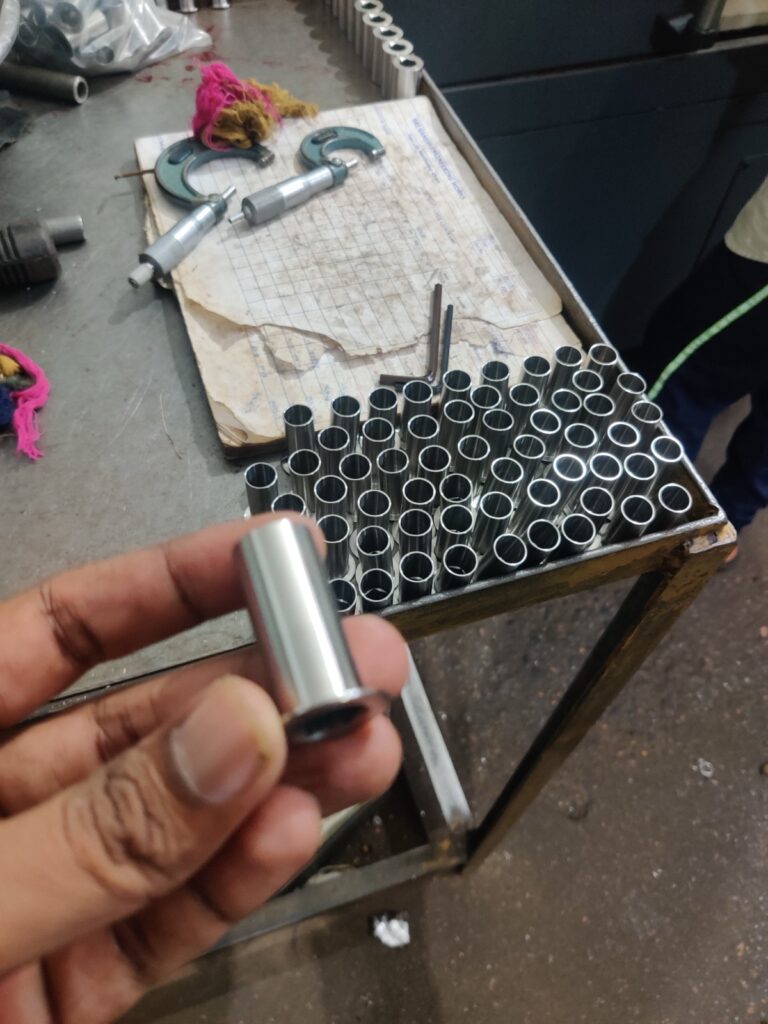
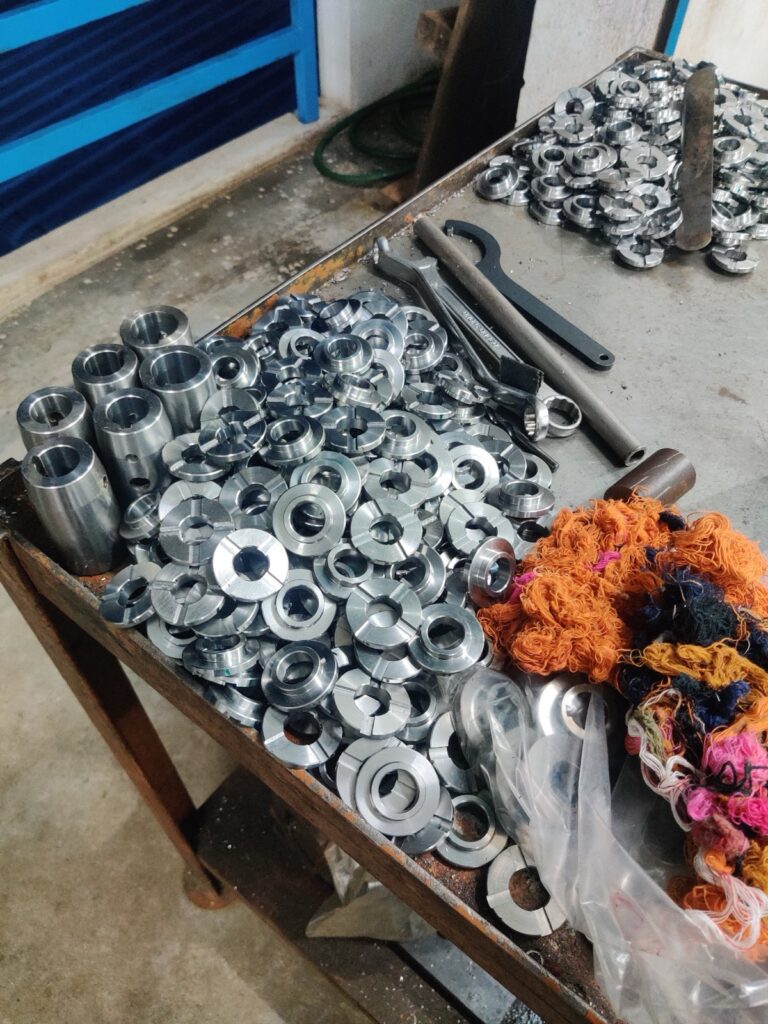
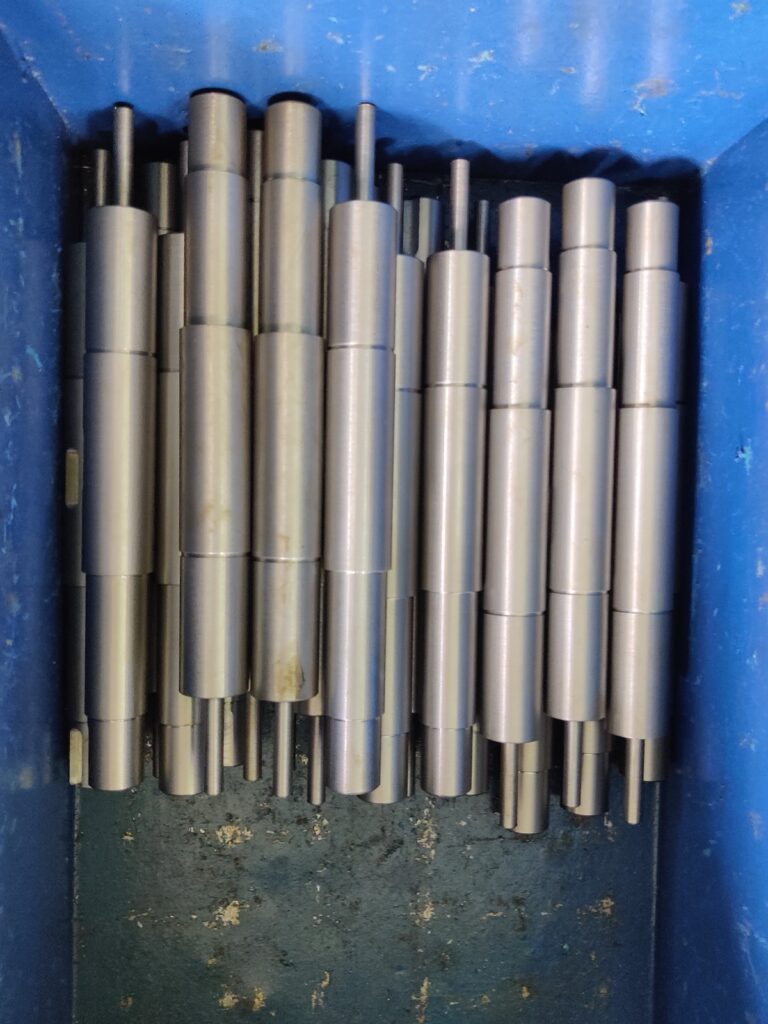
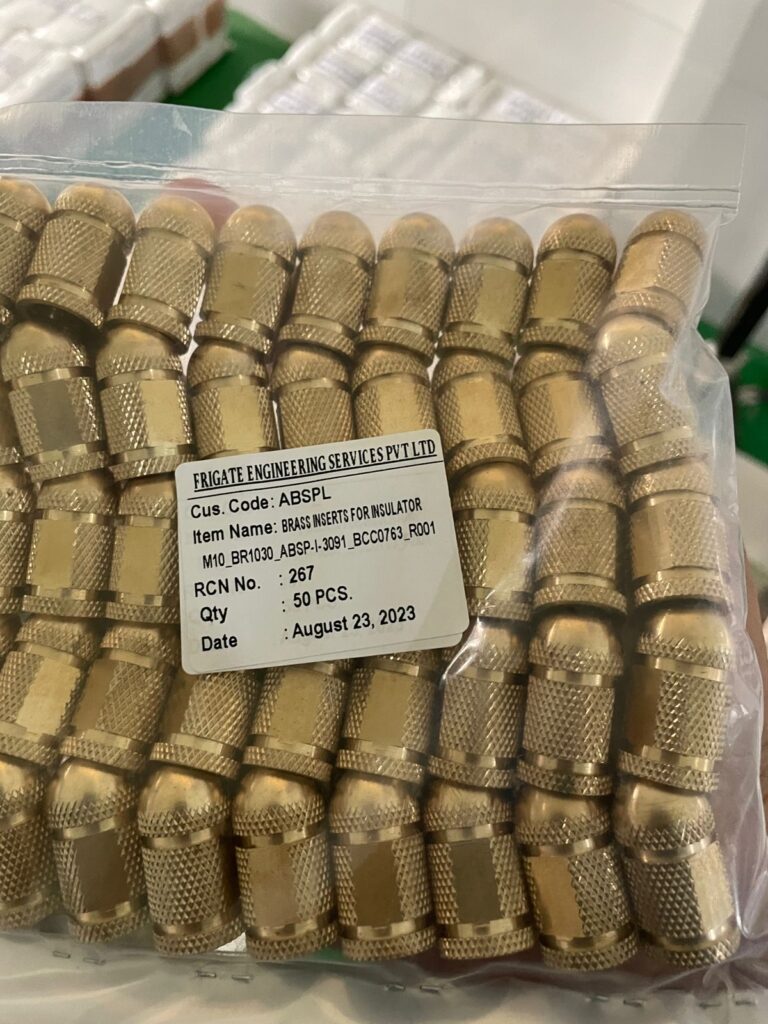
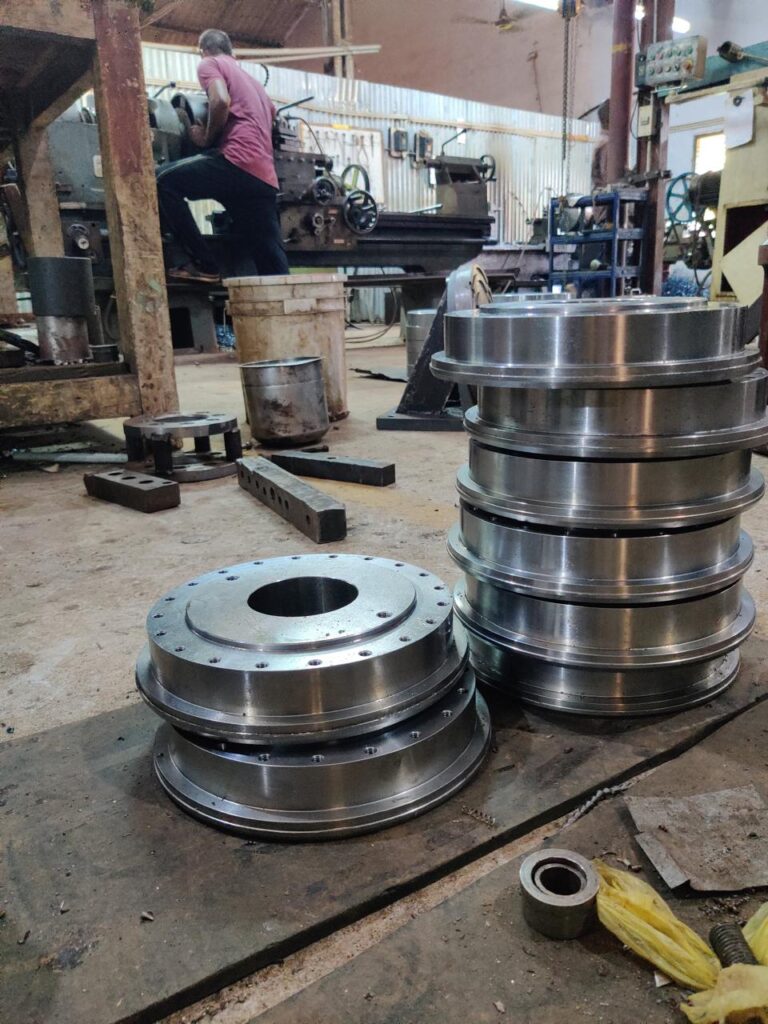
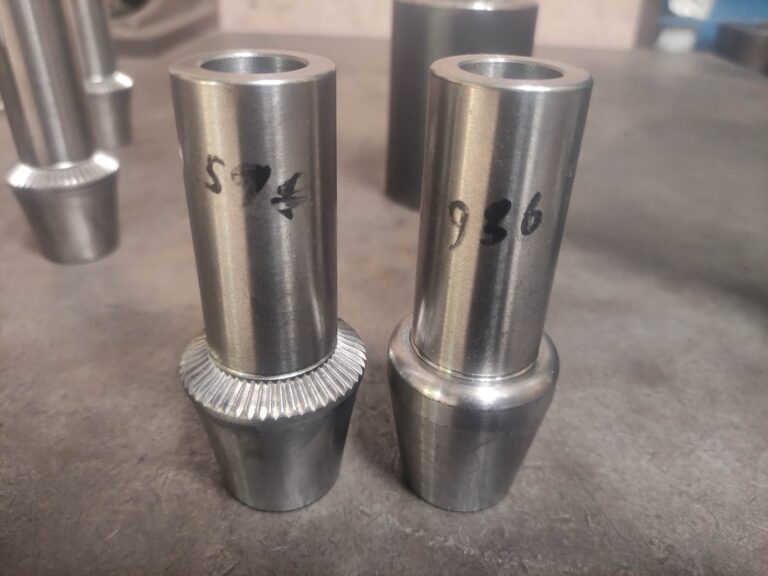
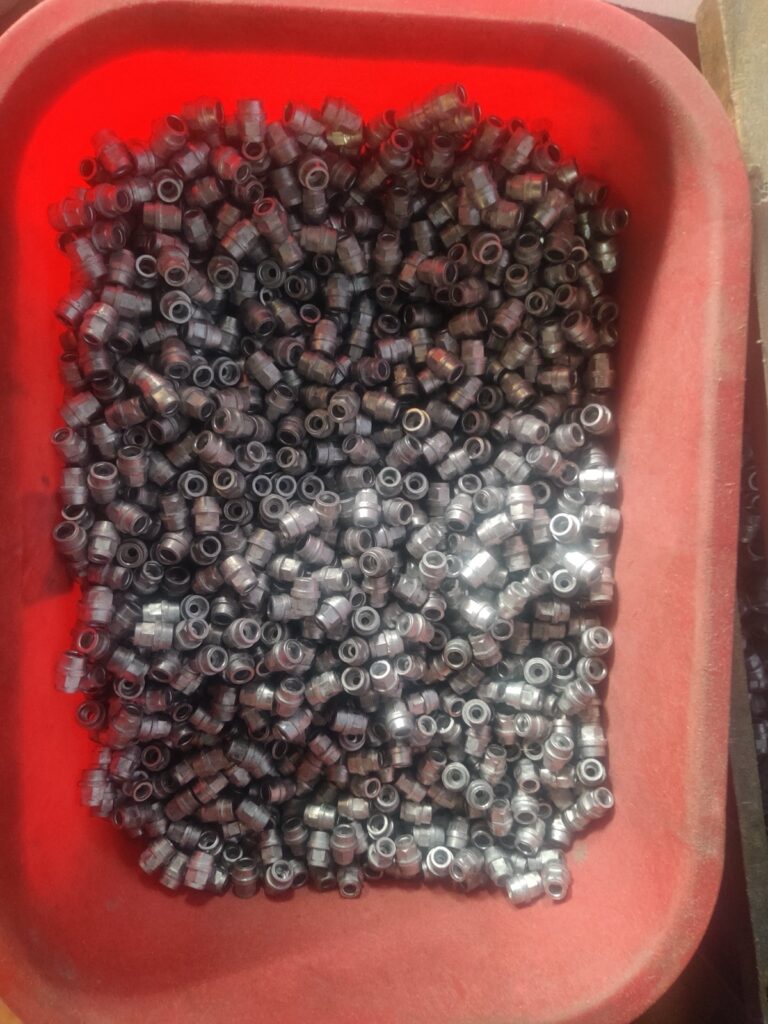
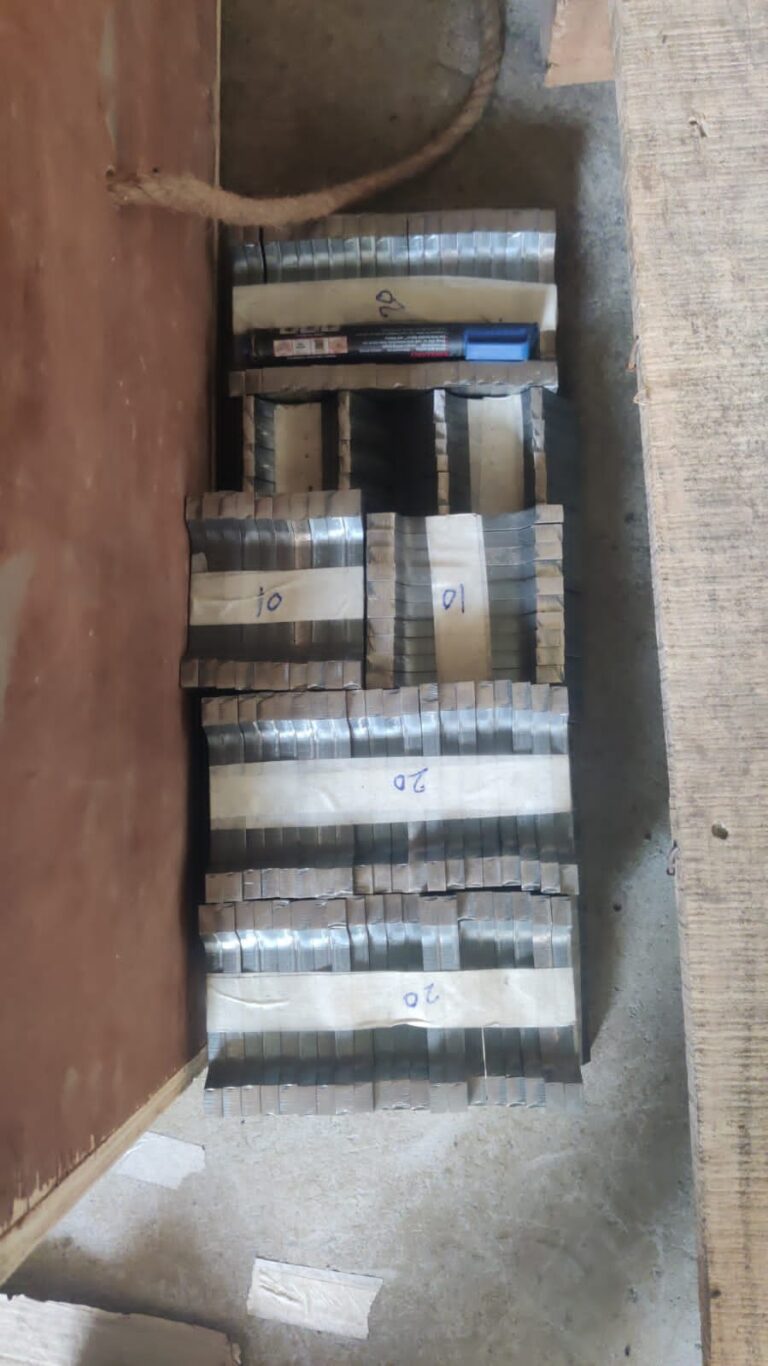
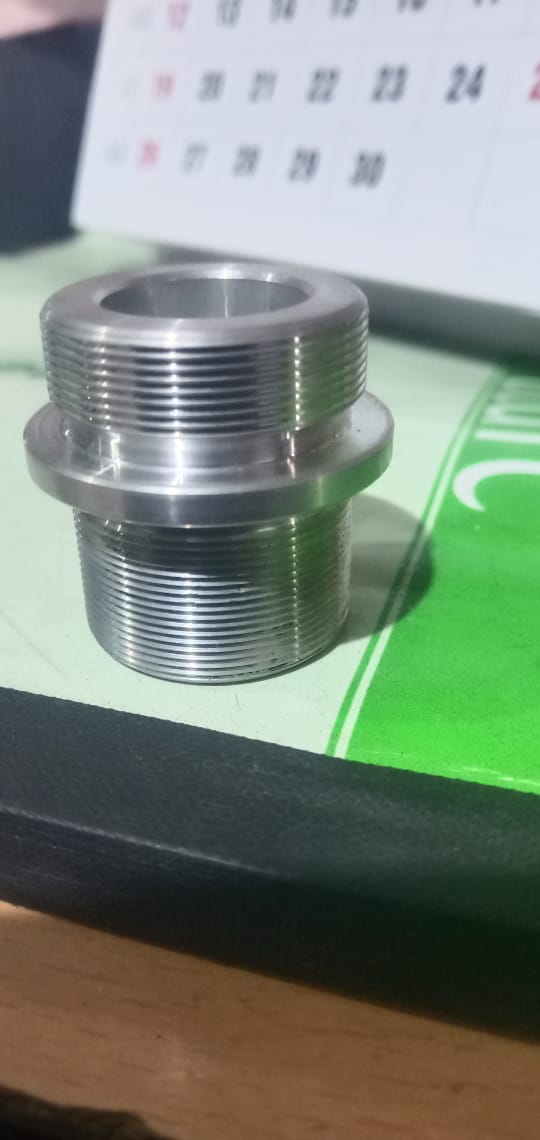
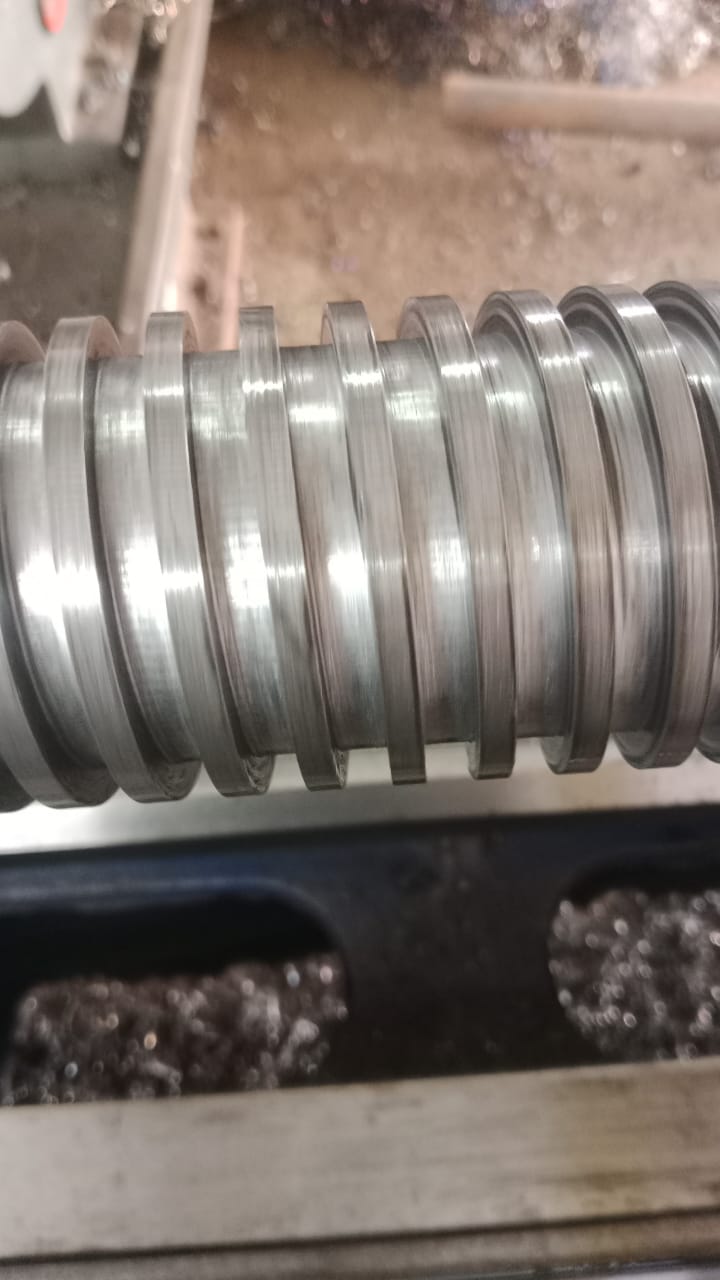
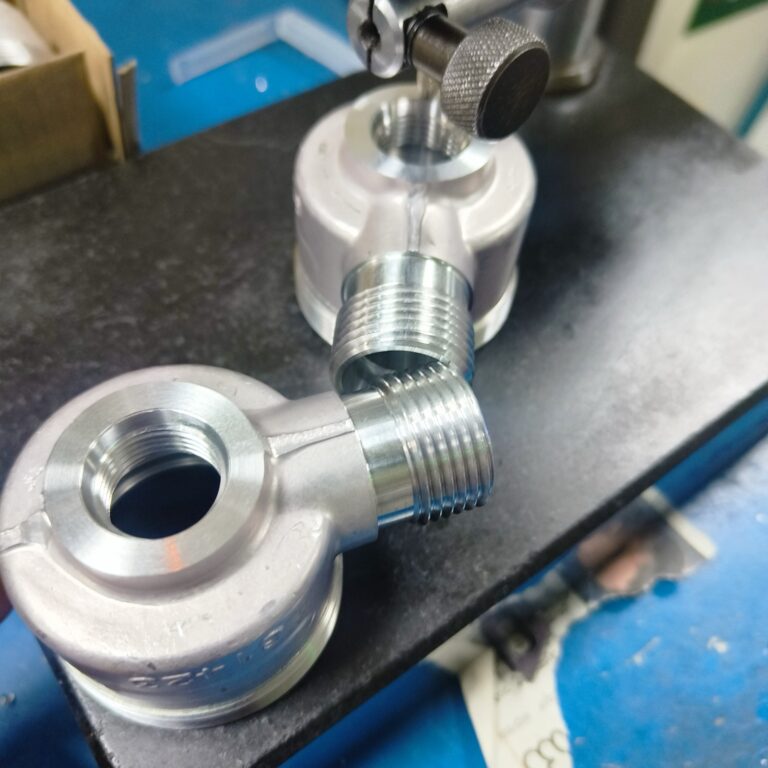
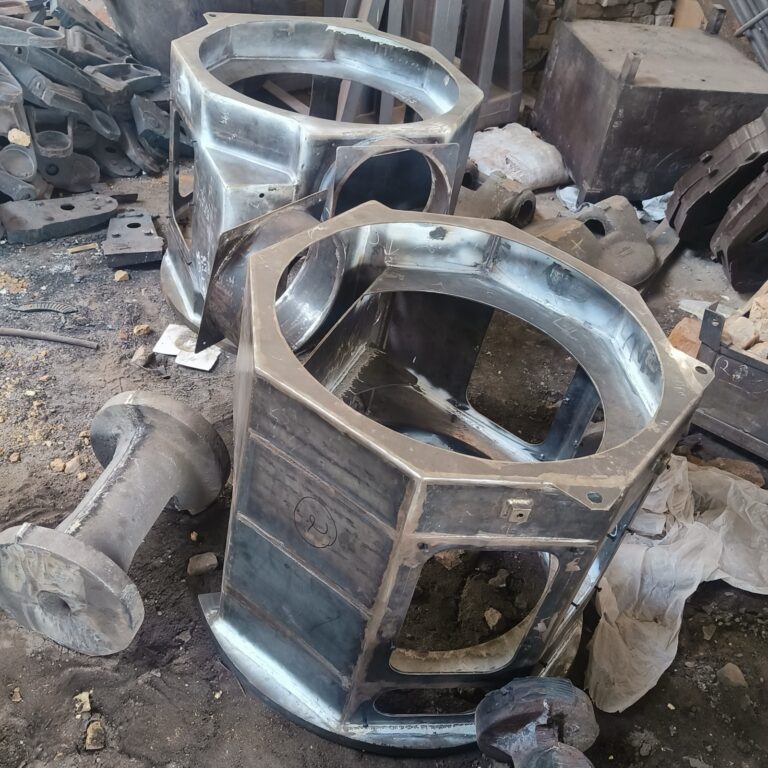
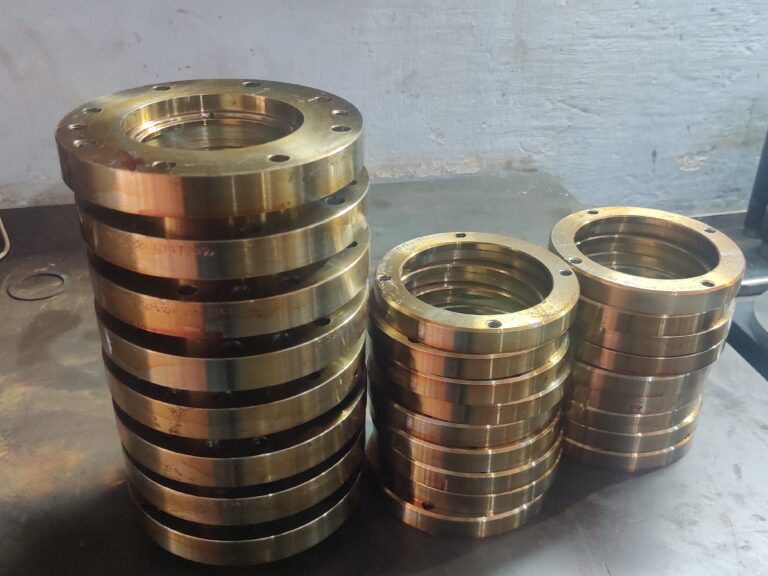
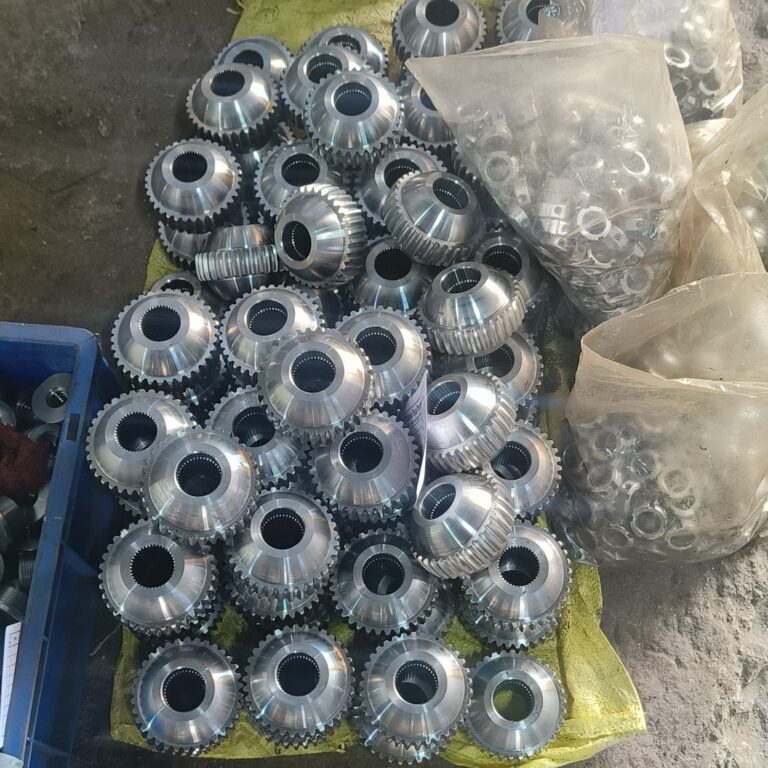
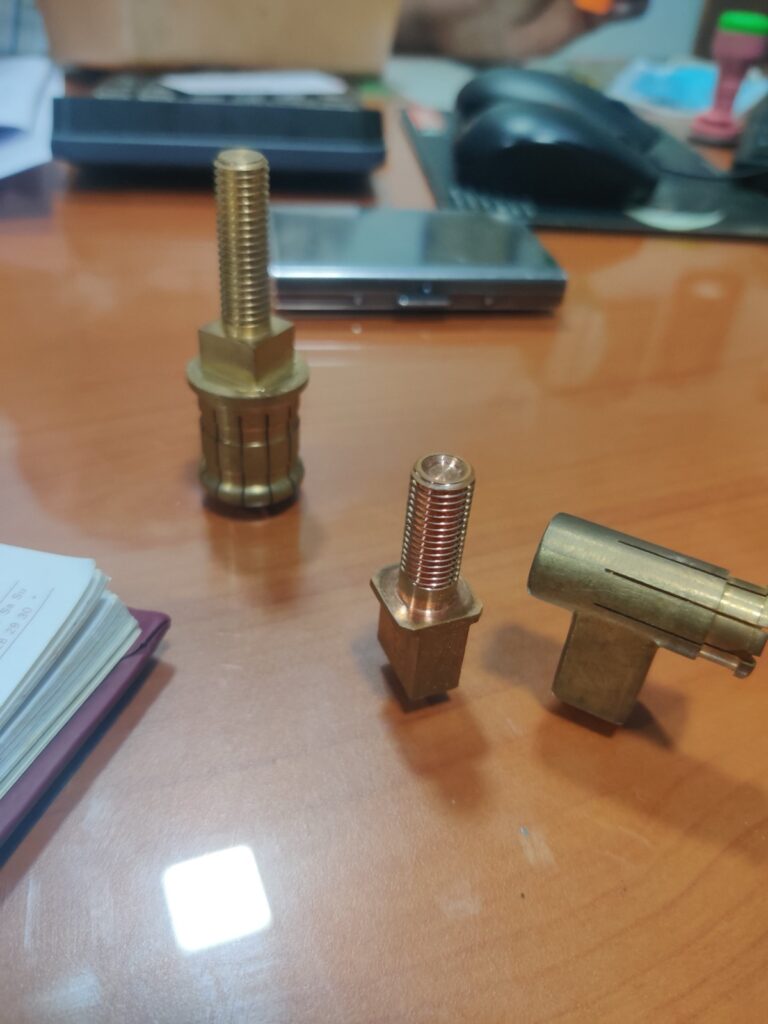
Kunststoff
Materialien
1250 X 1250 MM
Innerhalb von 10 Mikron
Technische Kunststoffe, Polyethylen, Polypropylen, Polyvinylchlorid, Polyethylenterephthalat, Biokunststoffe, etc.
Gummi
Materialien
Natürliche Gummi, Styrol-Butadien-Kautschuk, Nitril-Butadien-Kautschuk, Silikon-Kautschuk, Fluor-Kohlenstoff-Gummi, Recyceltem Gummi, etc.
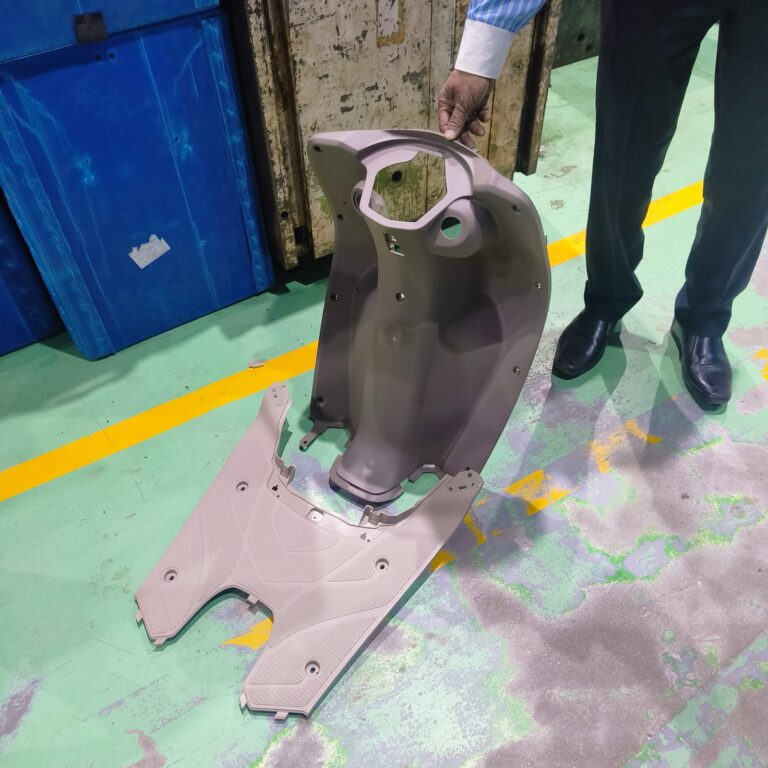
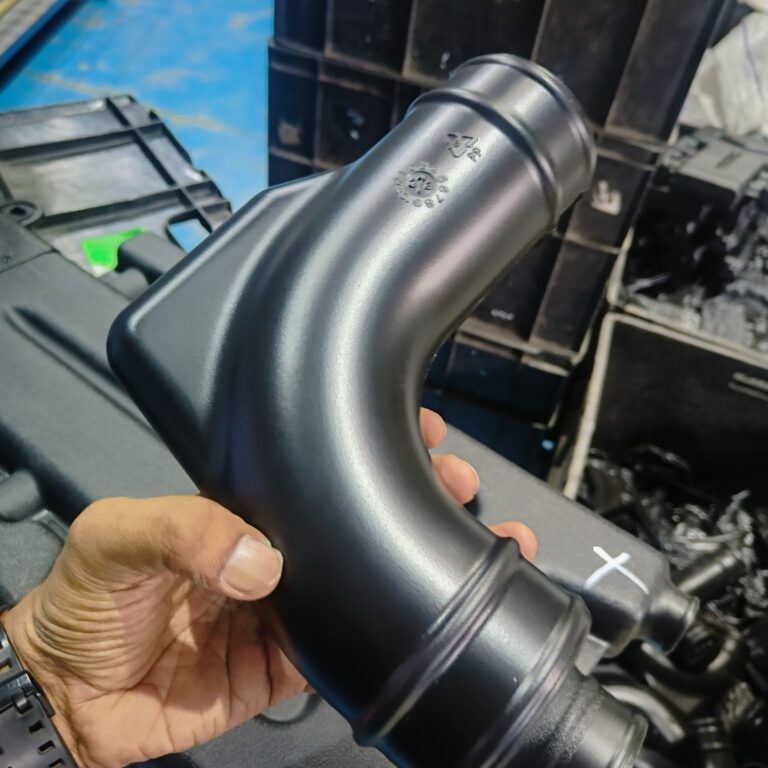
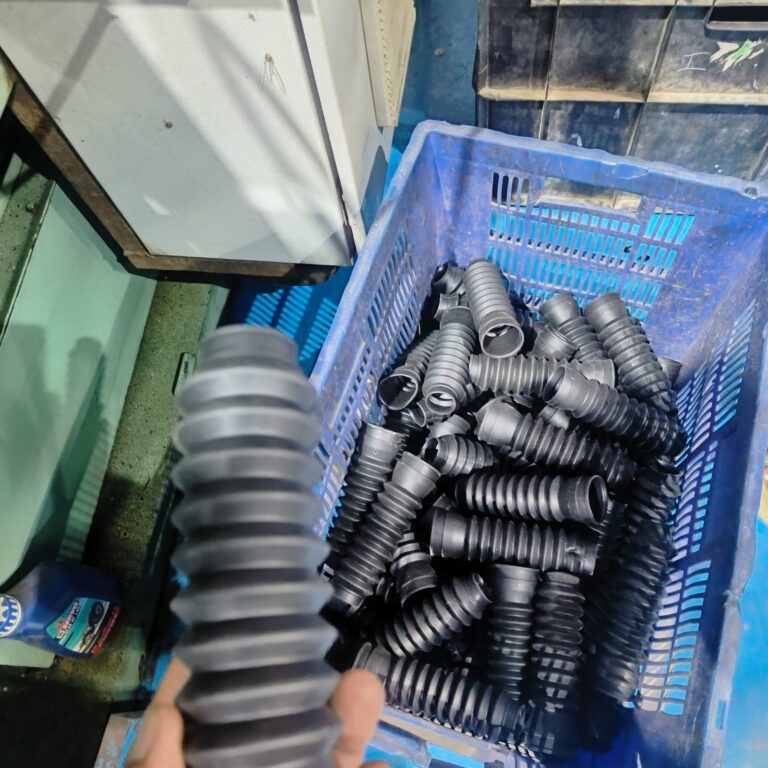
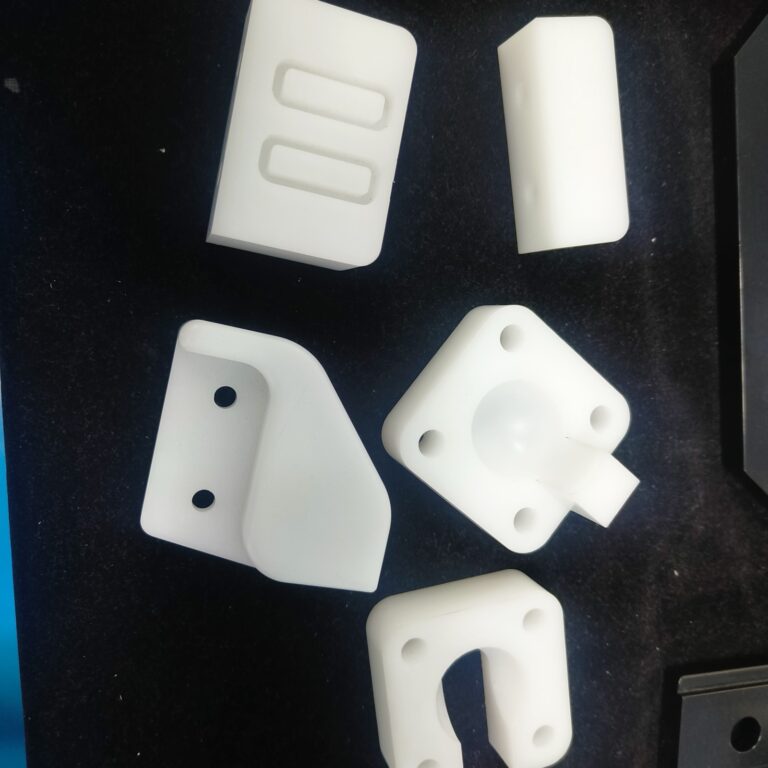
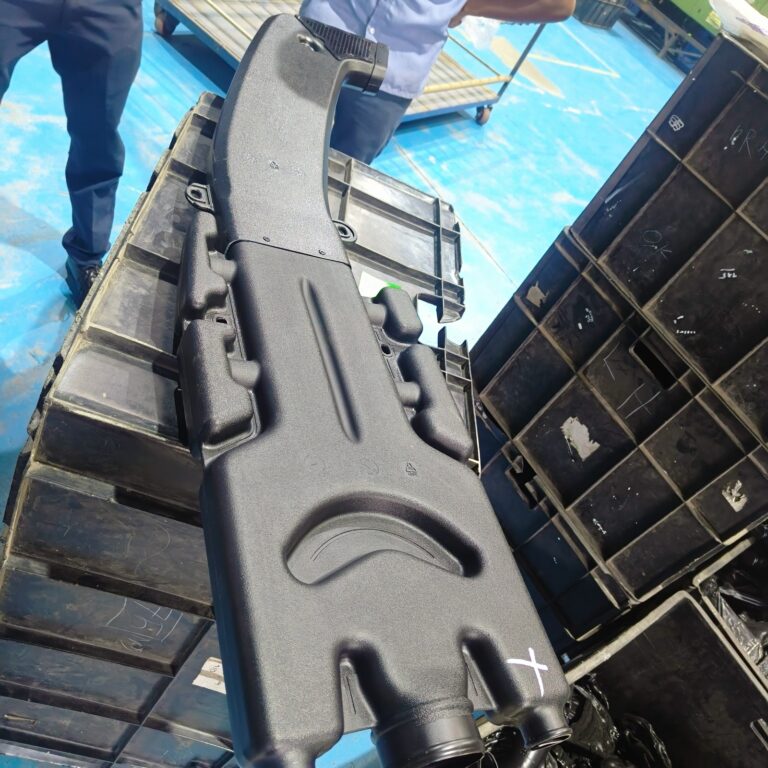
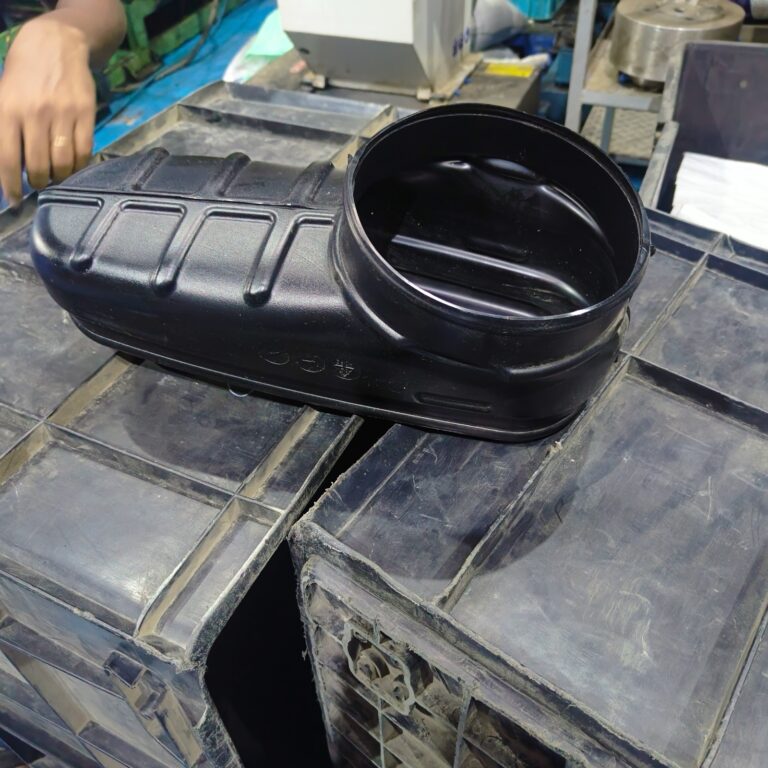
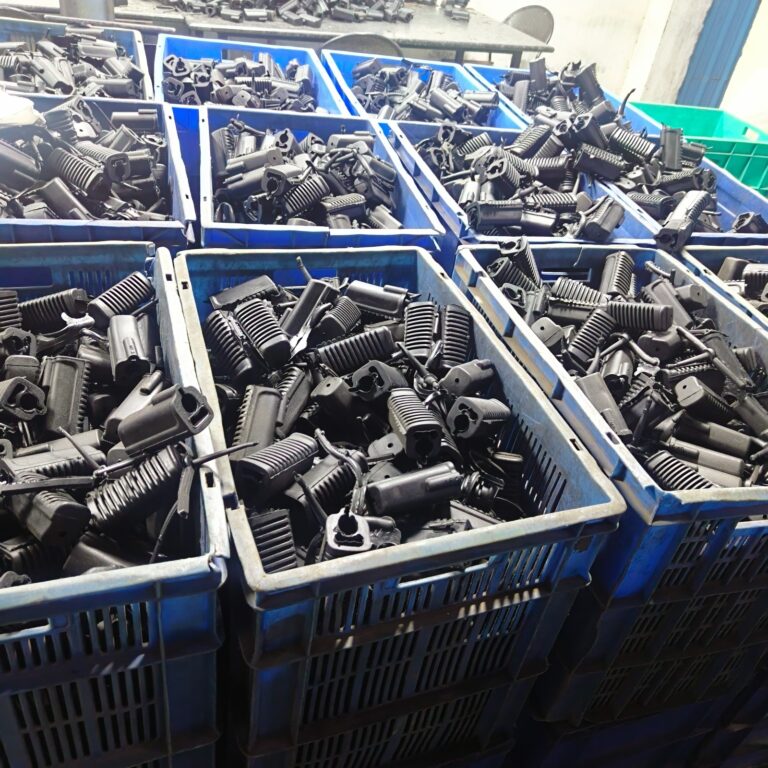
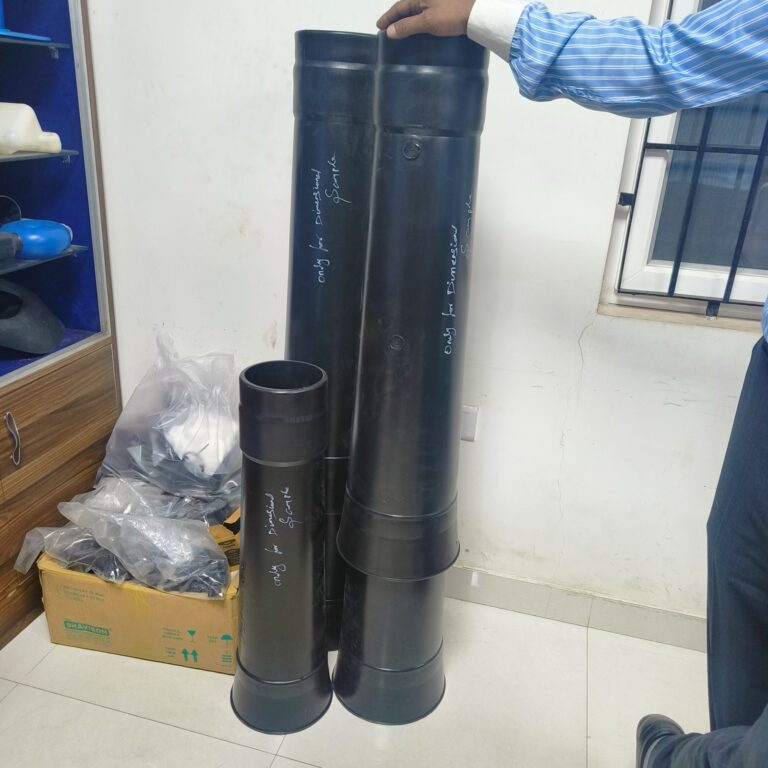
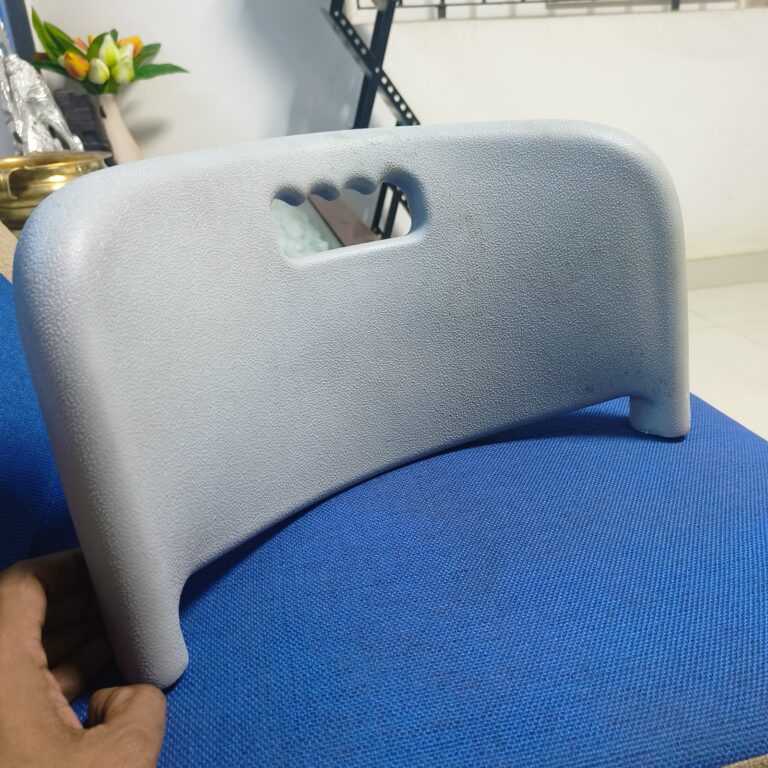
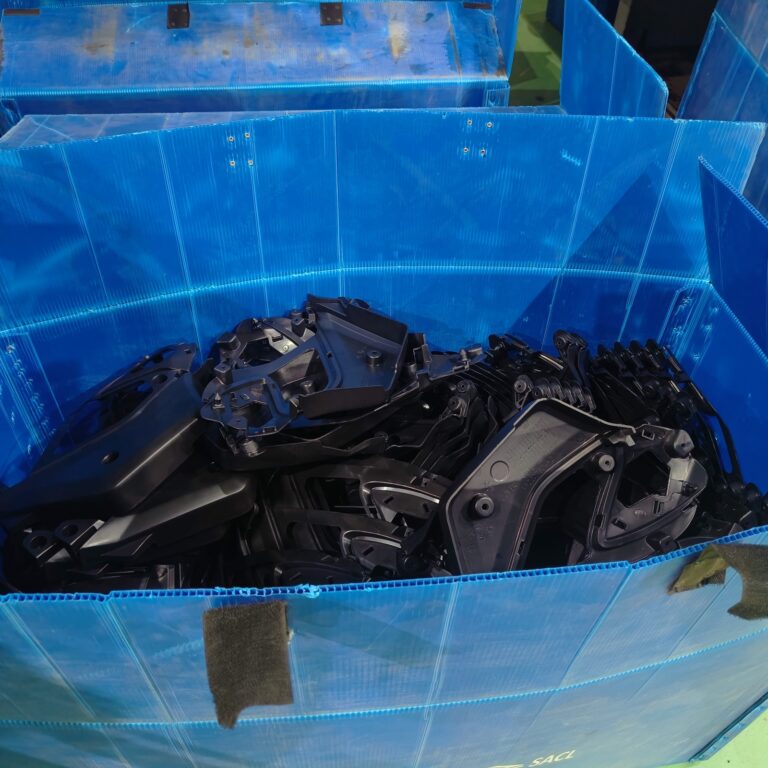
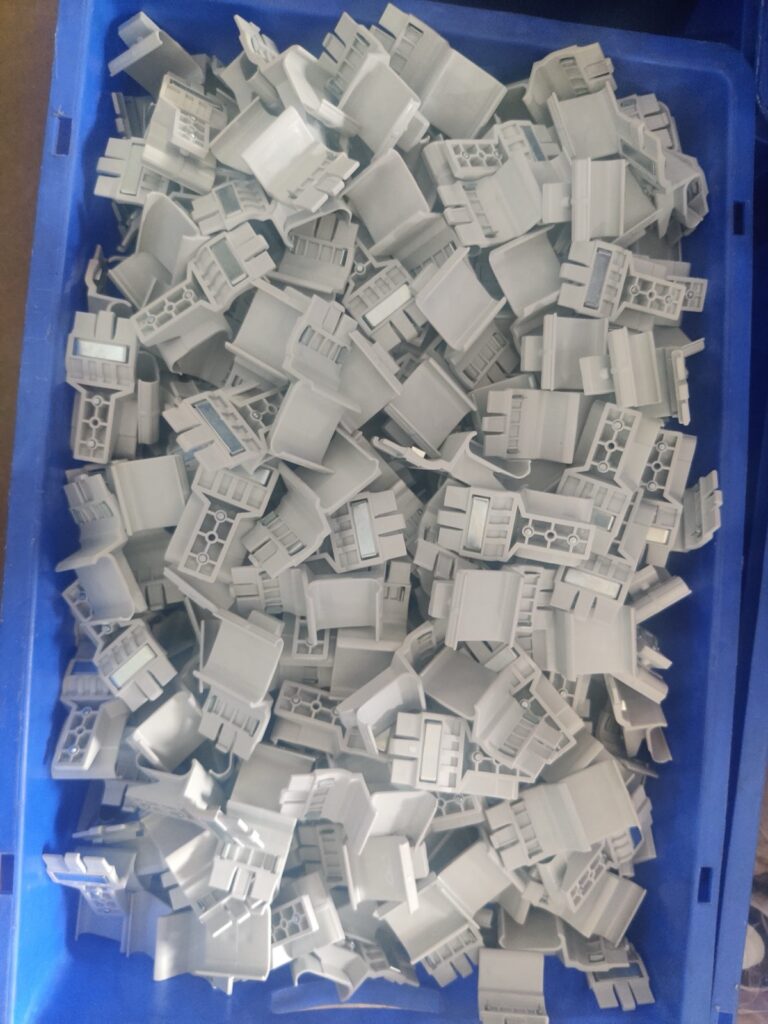
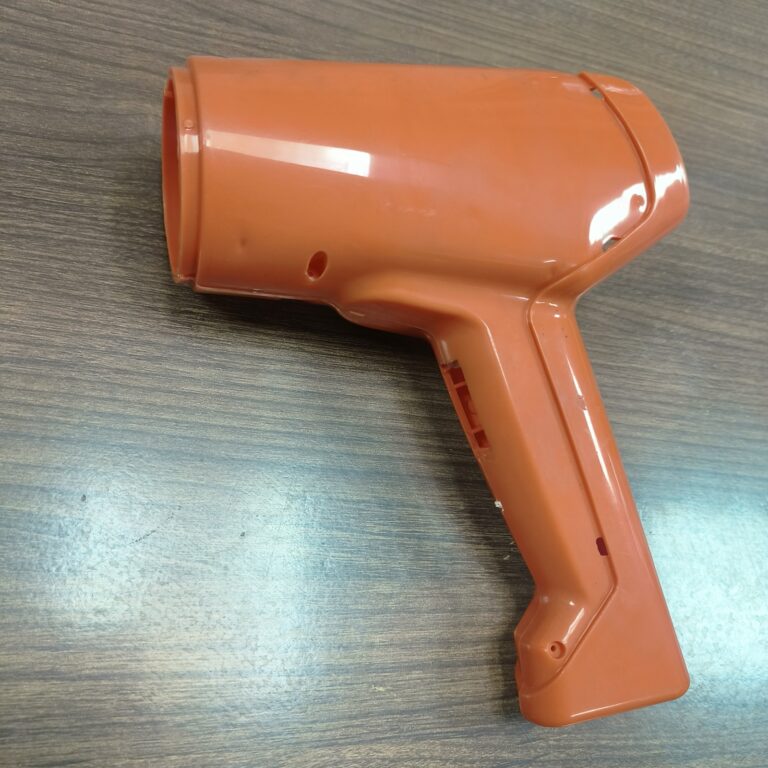
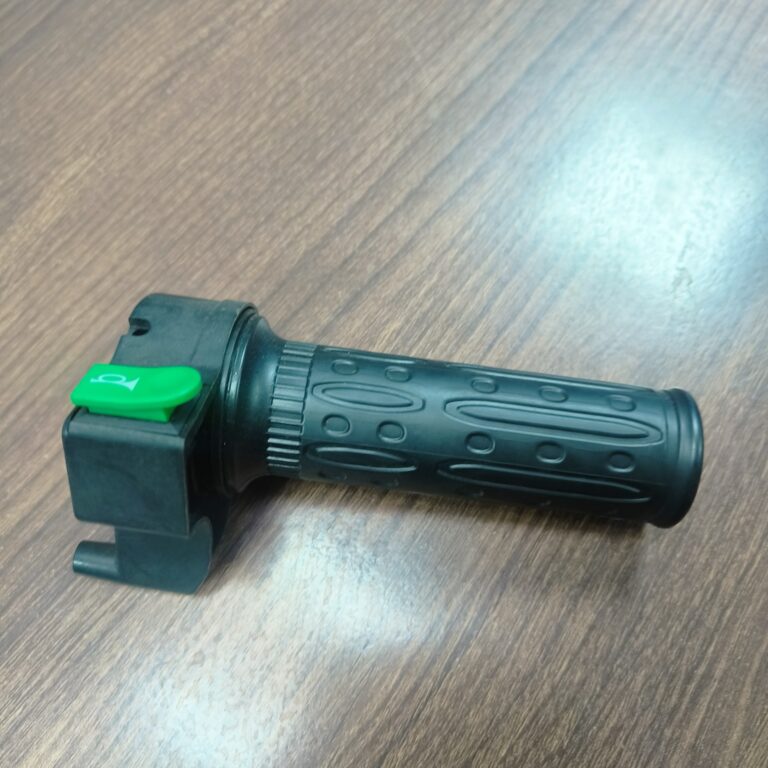
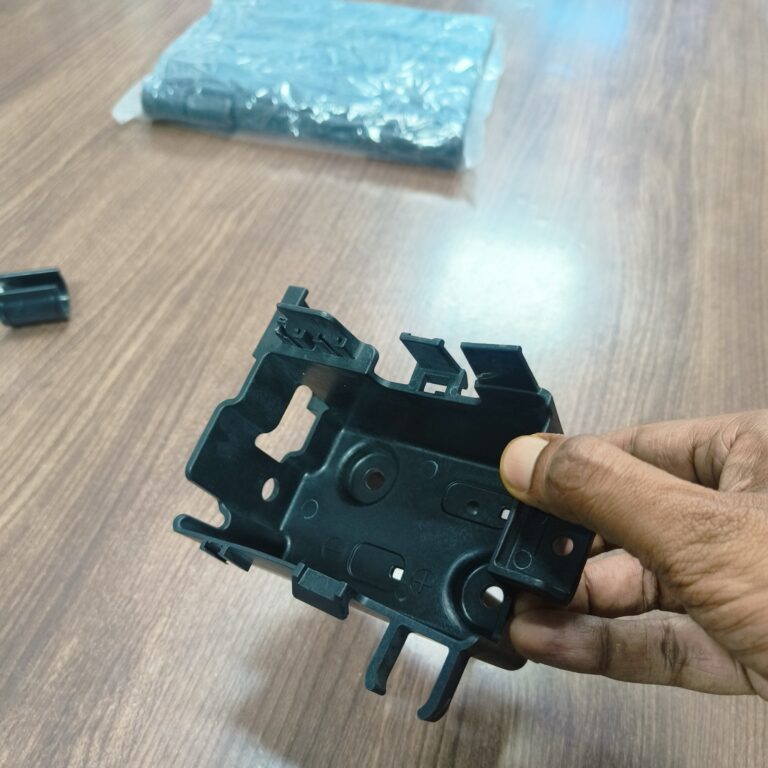
Schwere Fertigung
24000 MT/a
Materialien
CS / MS, Alloy steel, Stainless Steel, etc.
Sheet Metal Fabrication
0,8-25 mm
Materialien
Mild Stahl, Edelstahl, Aluminium, Messing, Kupfer, etc.


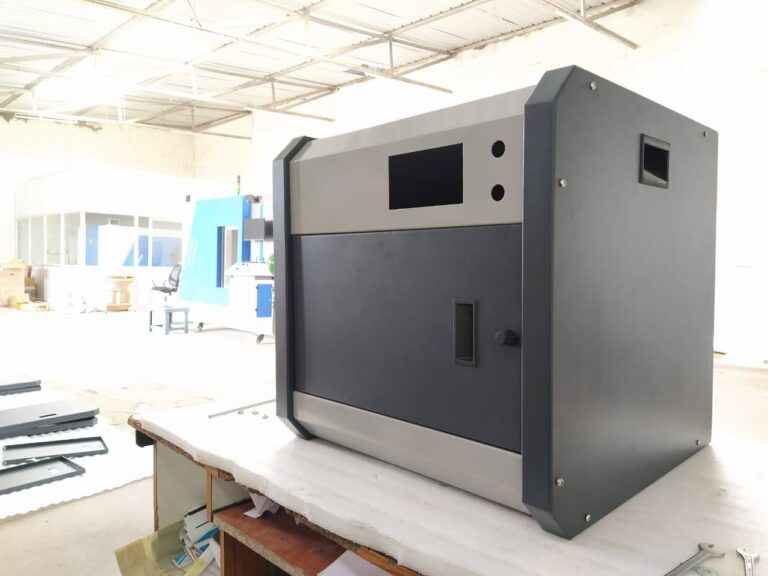


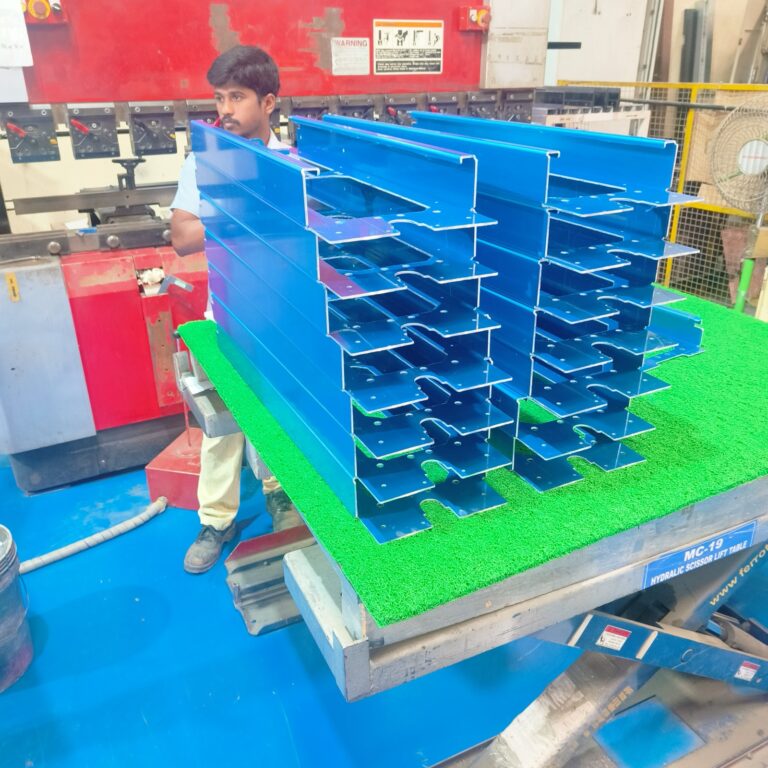
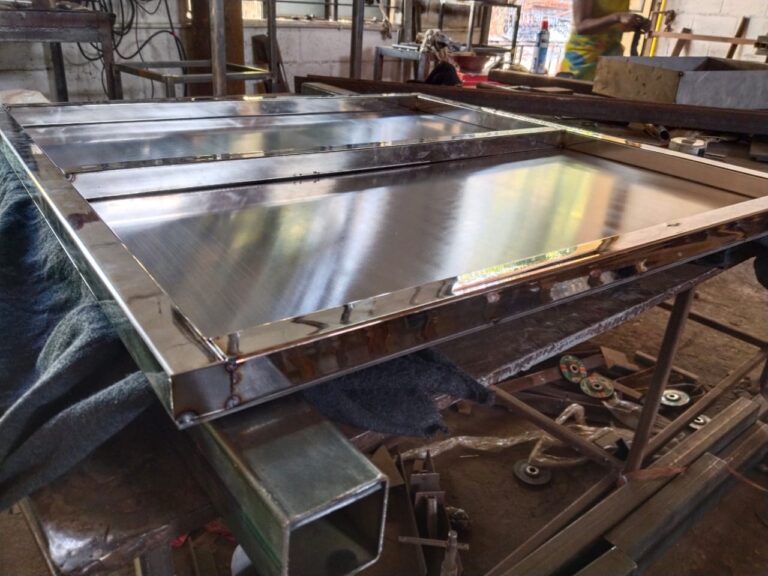
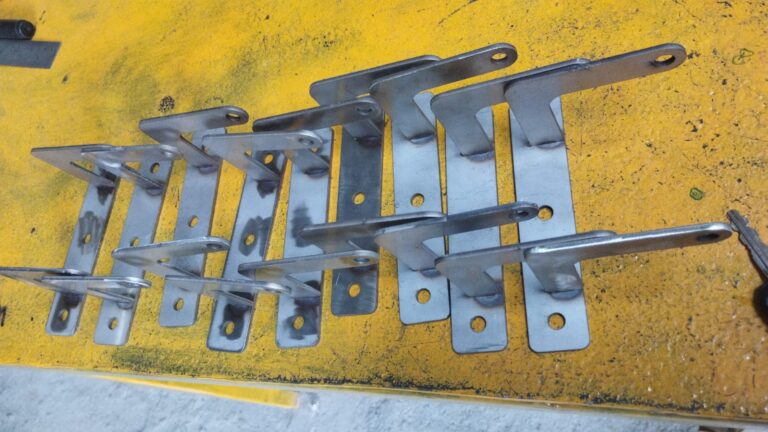
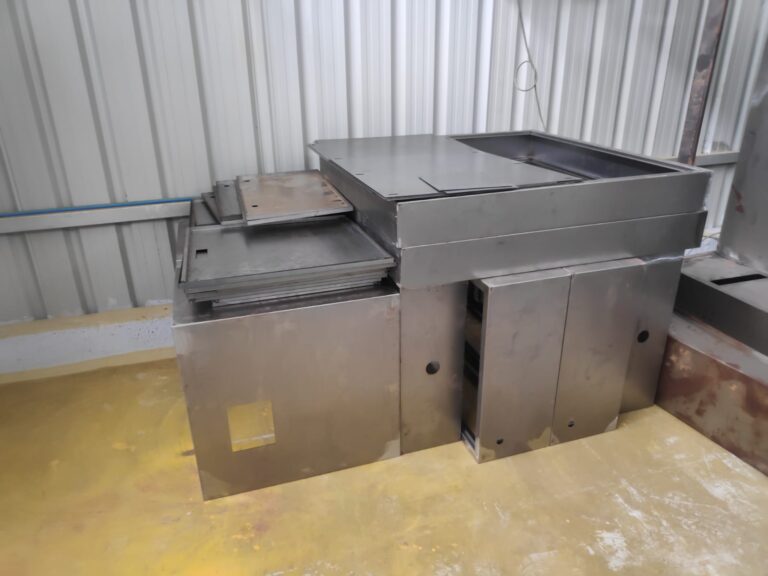
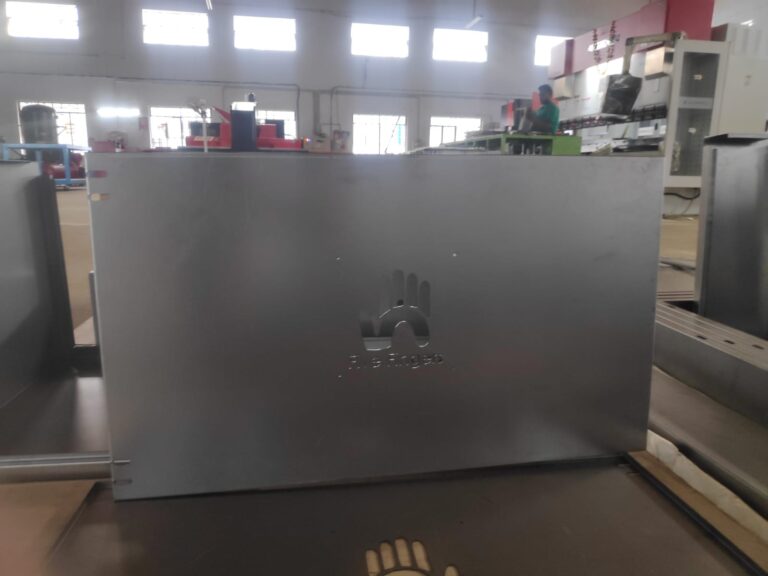
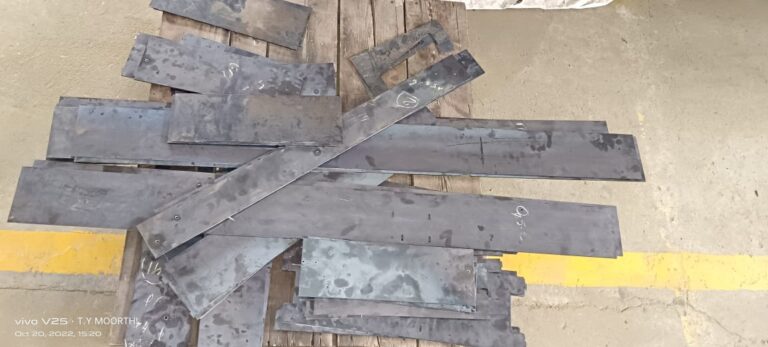
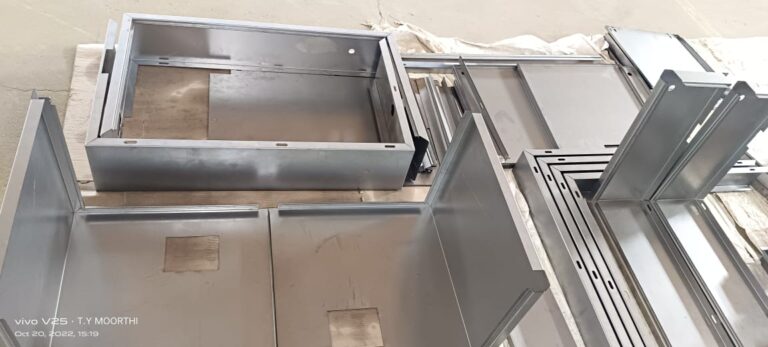
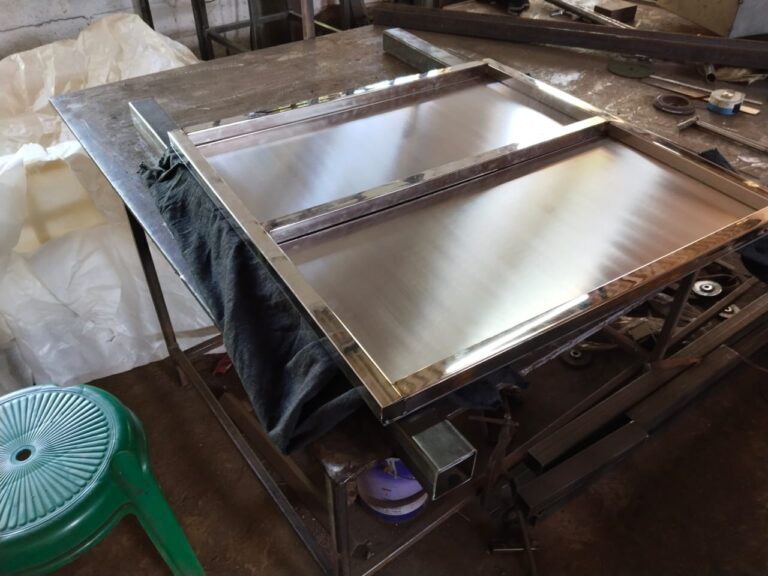
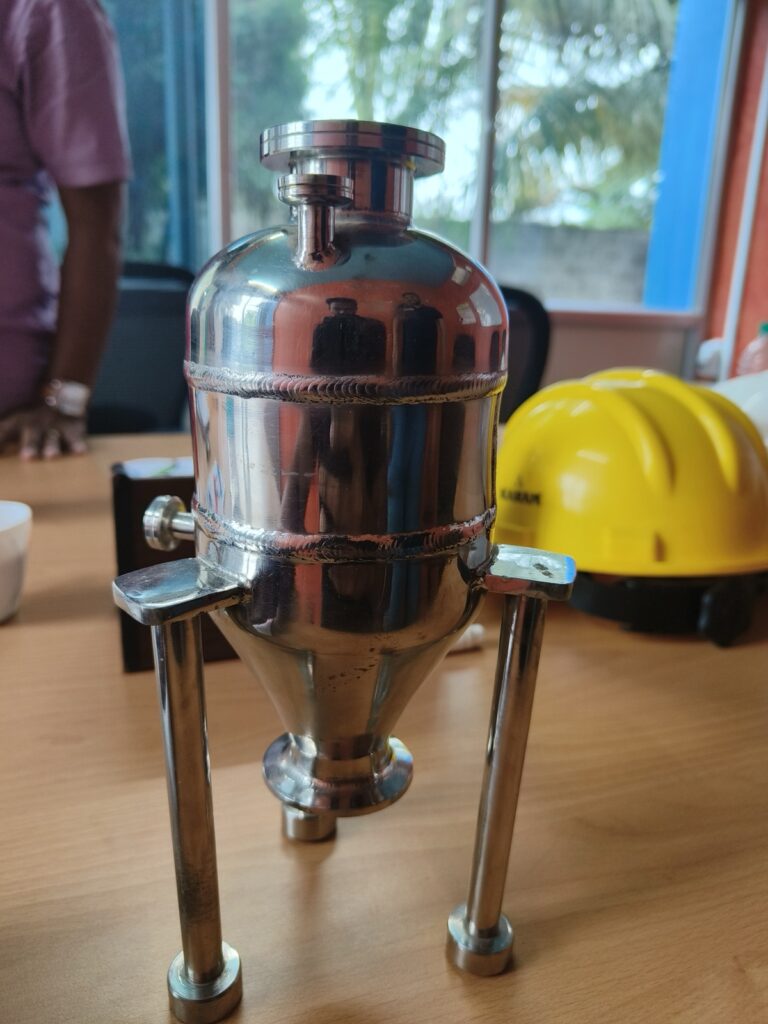
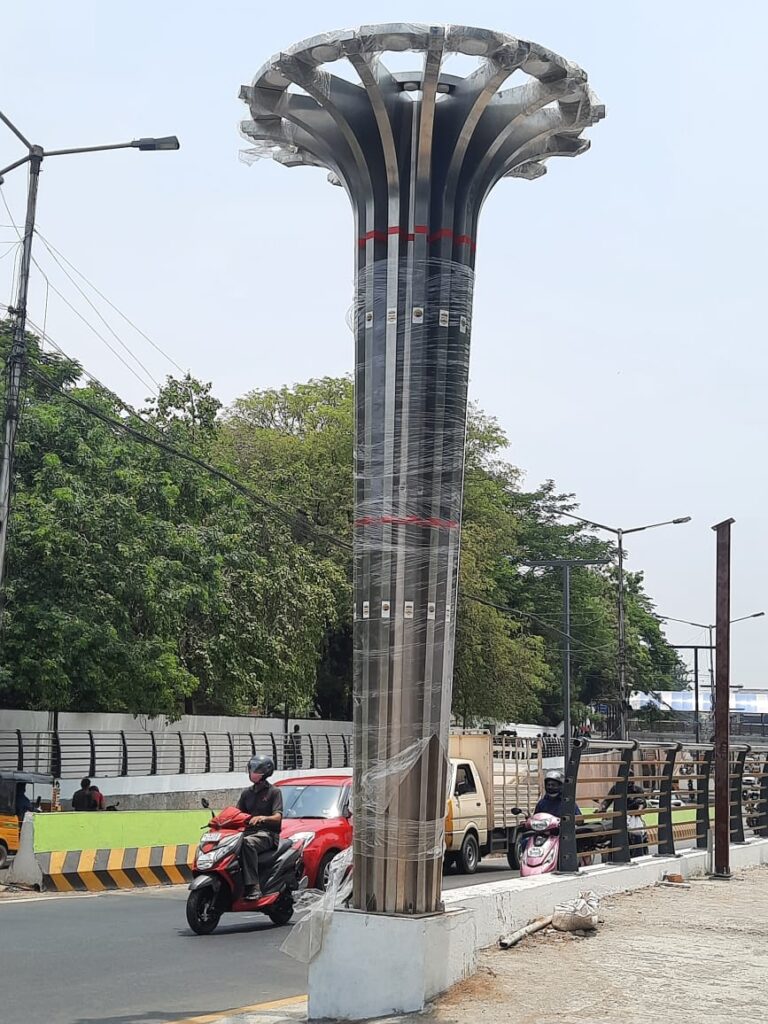
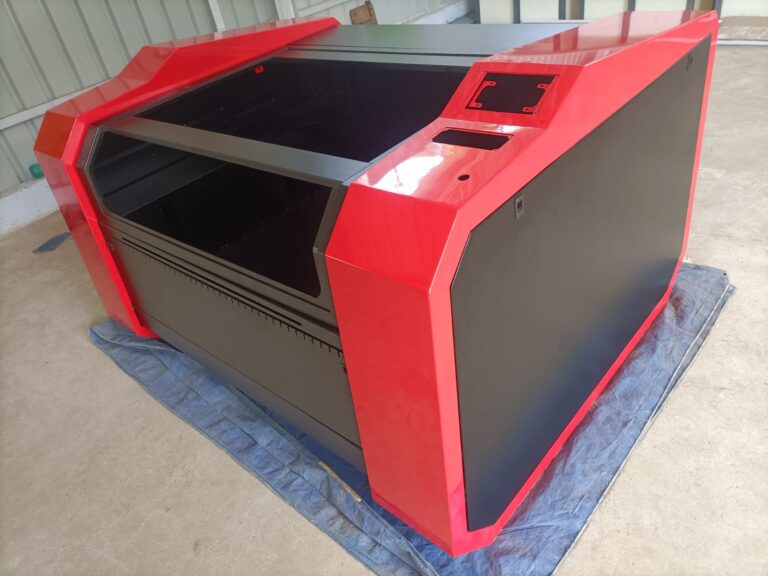
Wir freuen uns auf Herstellung für Sie!
Füllen Sie das untenstehende Formular und unser Vertreter wird Sie in Kürze.
LOCATIONS
Sitz
10-A, First Floor, V. V Komplex, Prakash Nagar, Thiruverumbur, Trichy-620013, Tamil Nadu, Indien.
Operations Office
9/1, Poonthottam Nagar, Ramanandha Nagar, Saravanampatti Coimbatore-641035, Tamil Nadu, Indien. ㅤ
Weitere Standorte
- Bhilai
- Chennai
- Texas, USA








